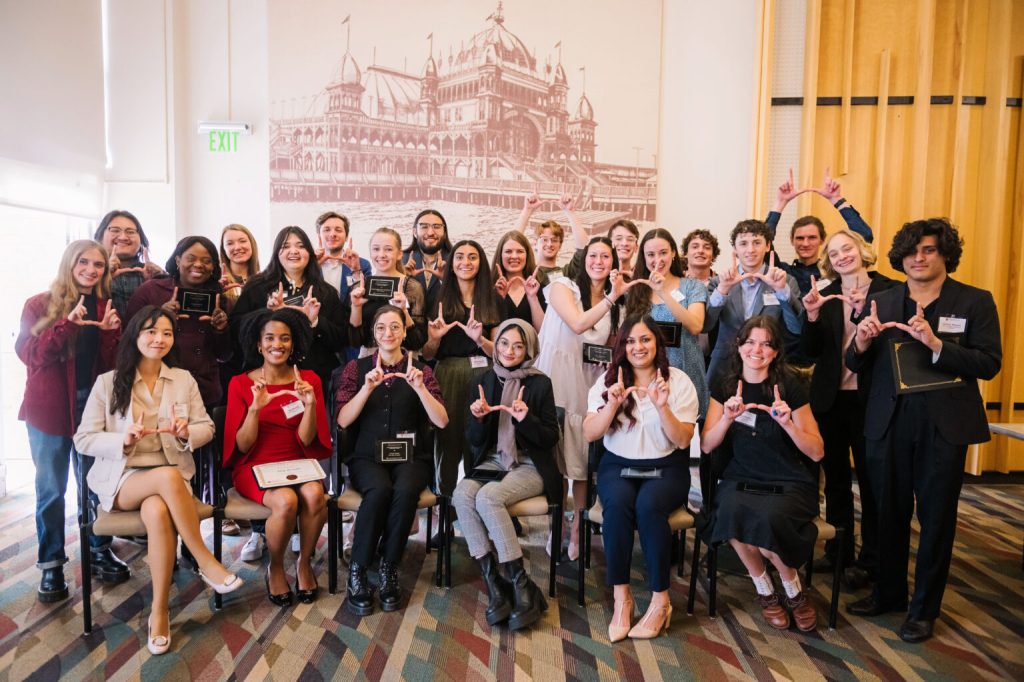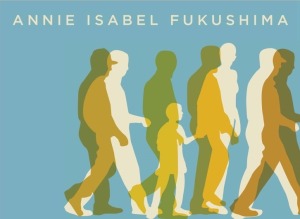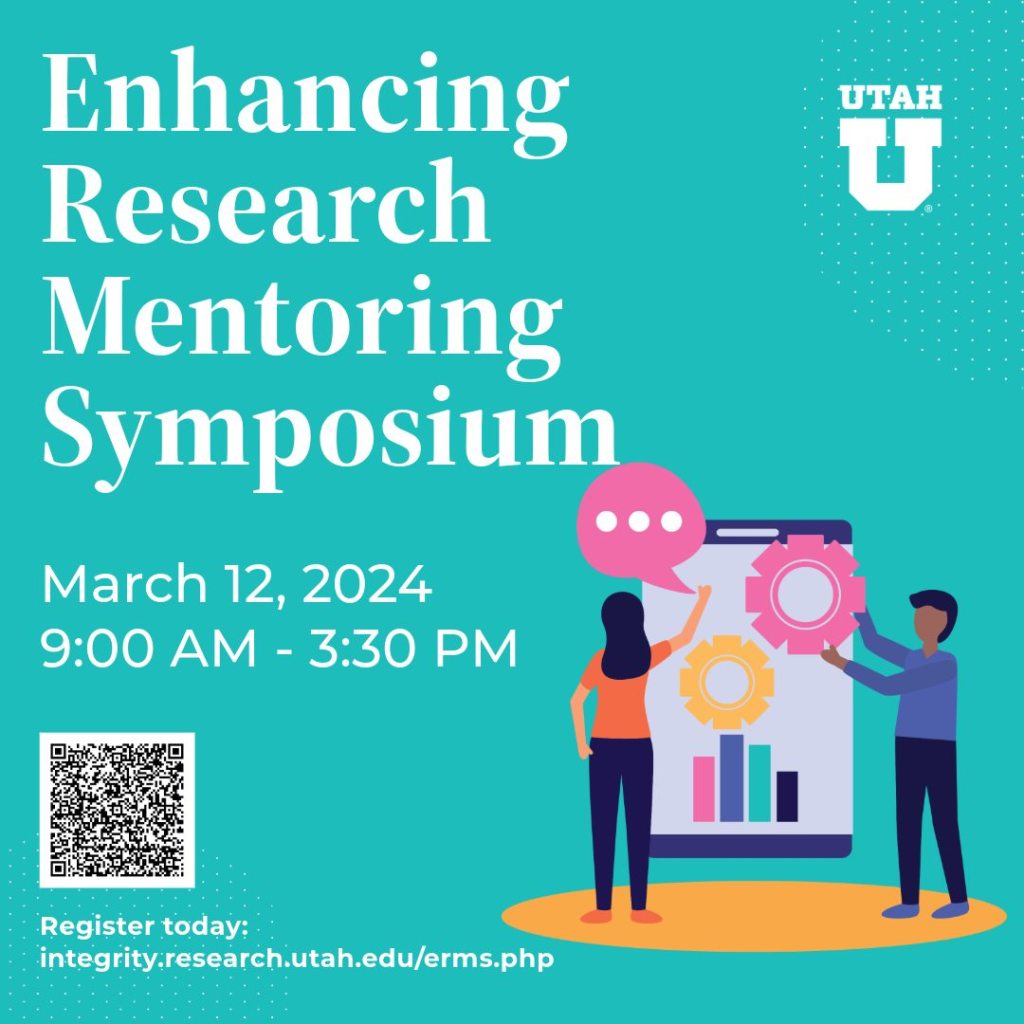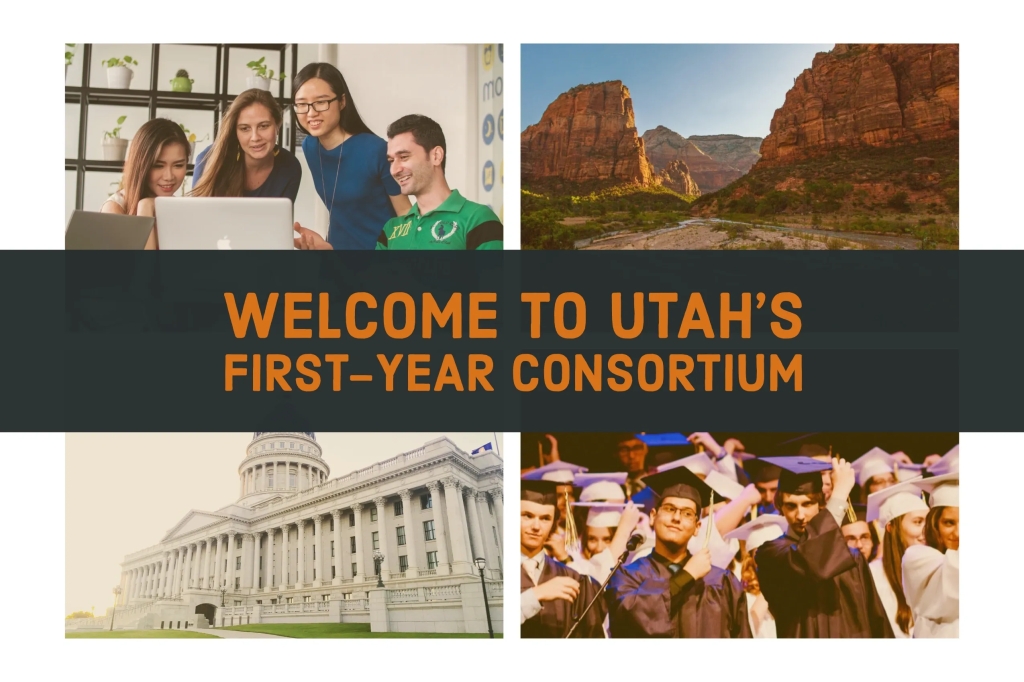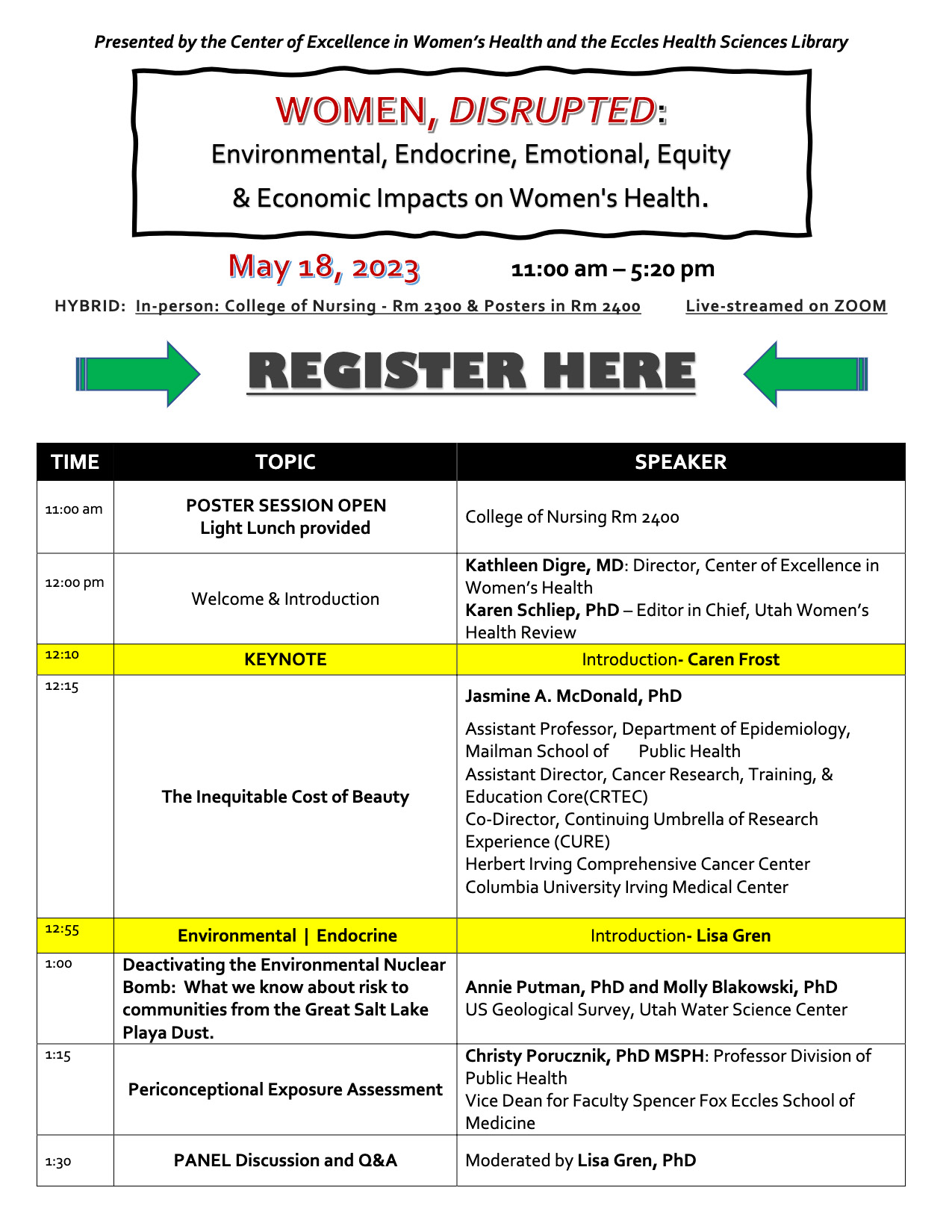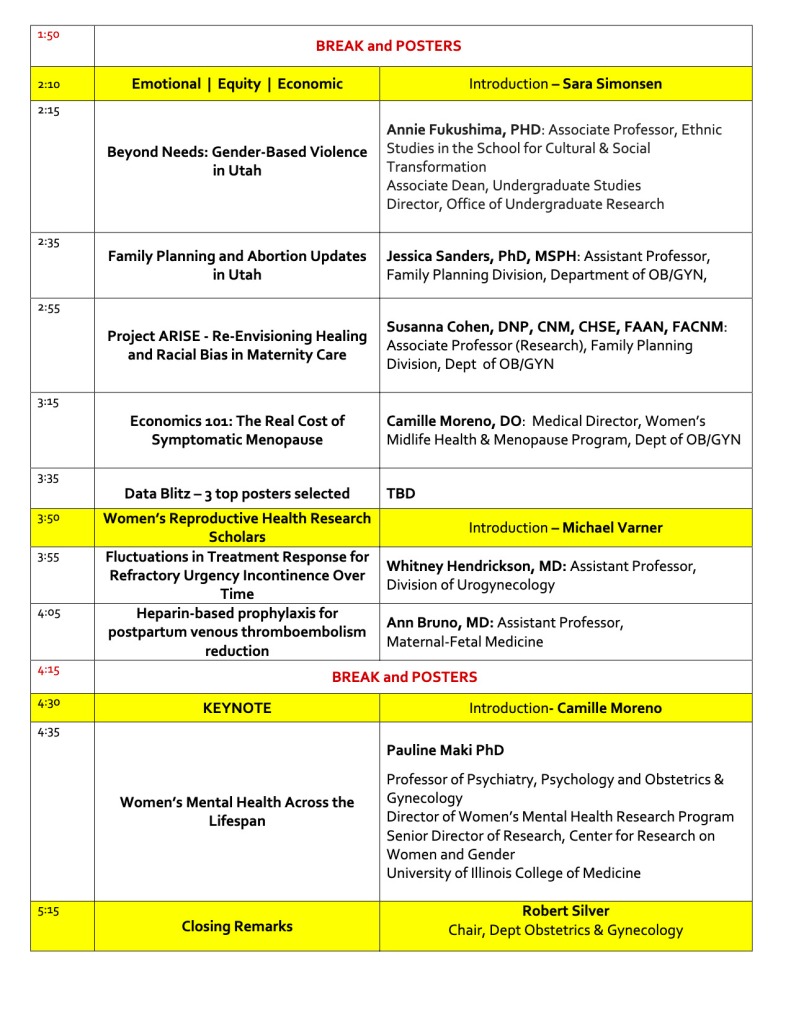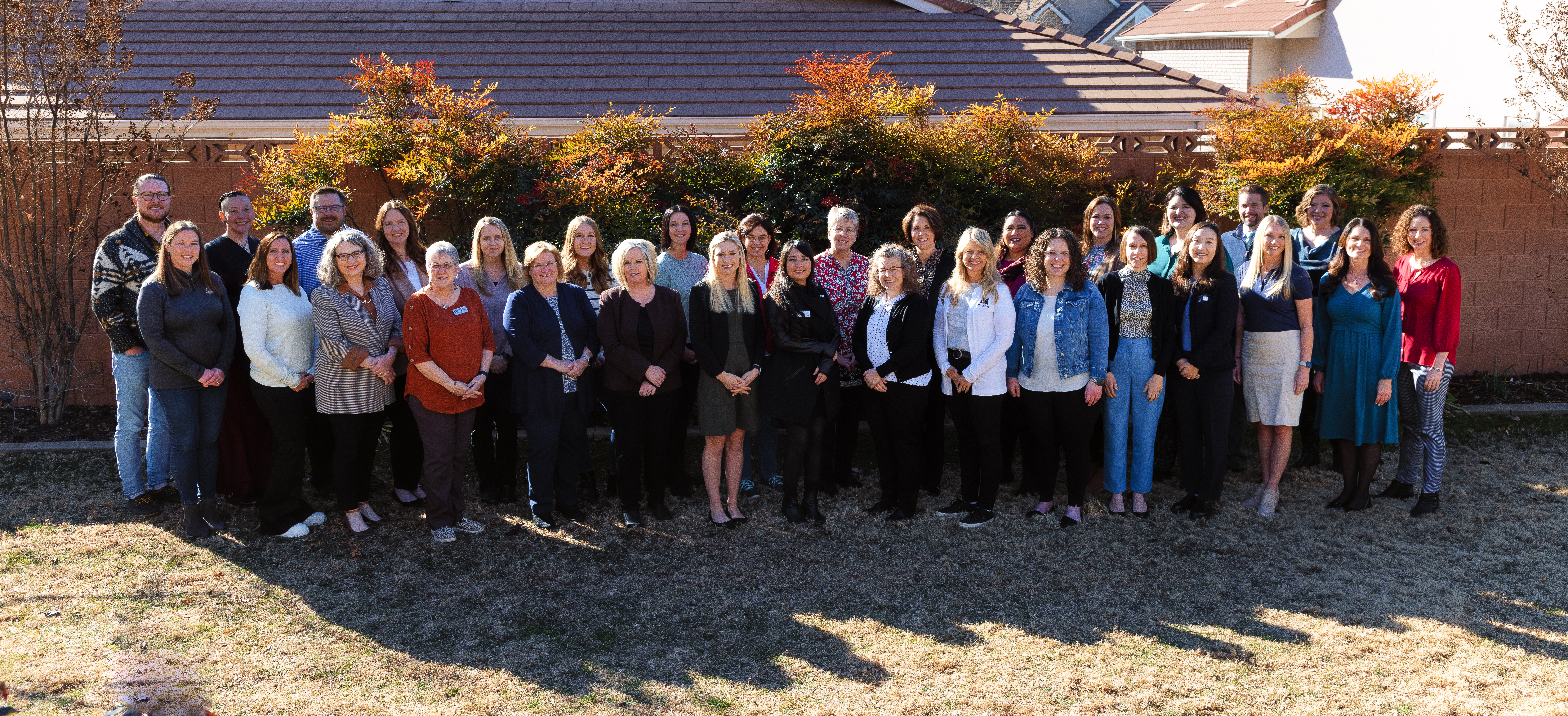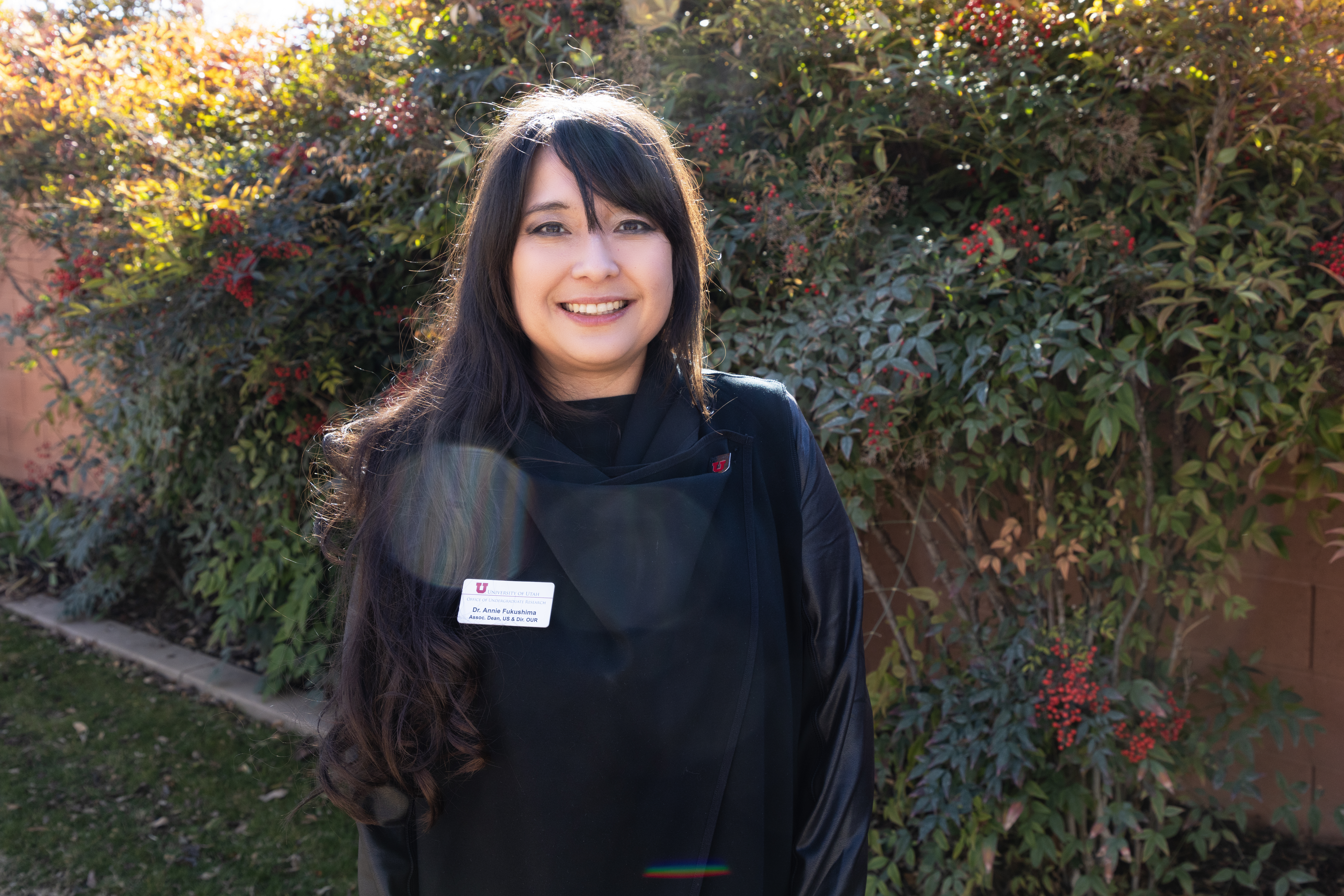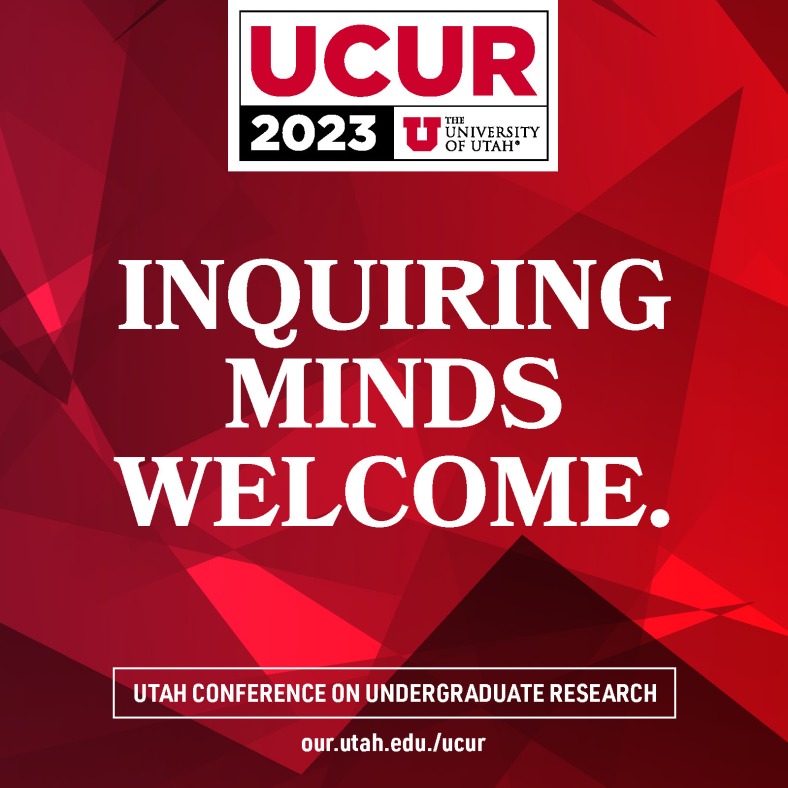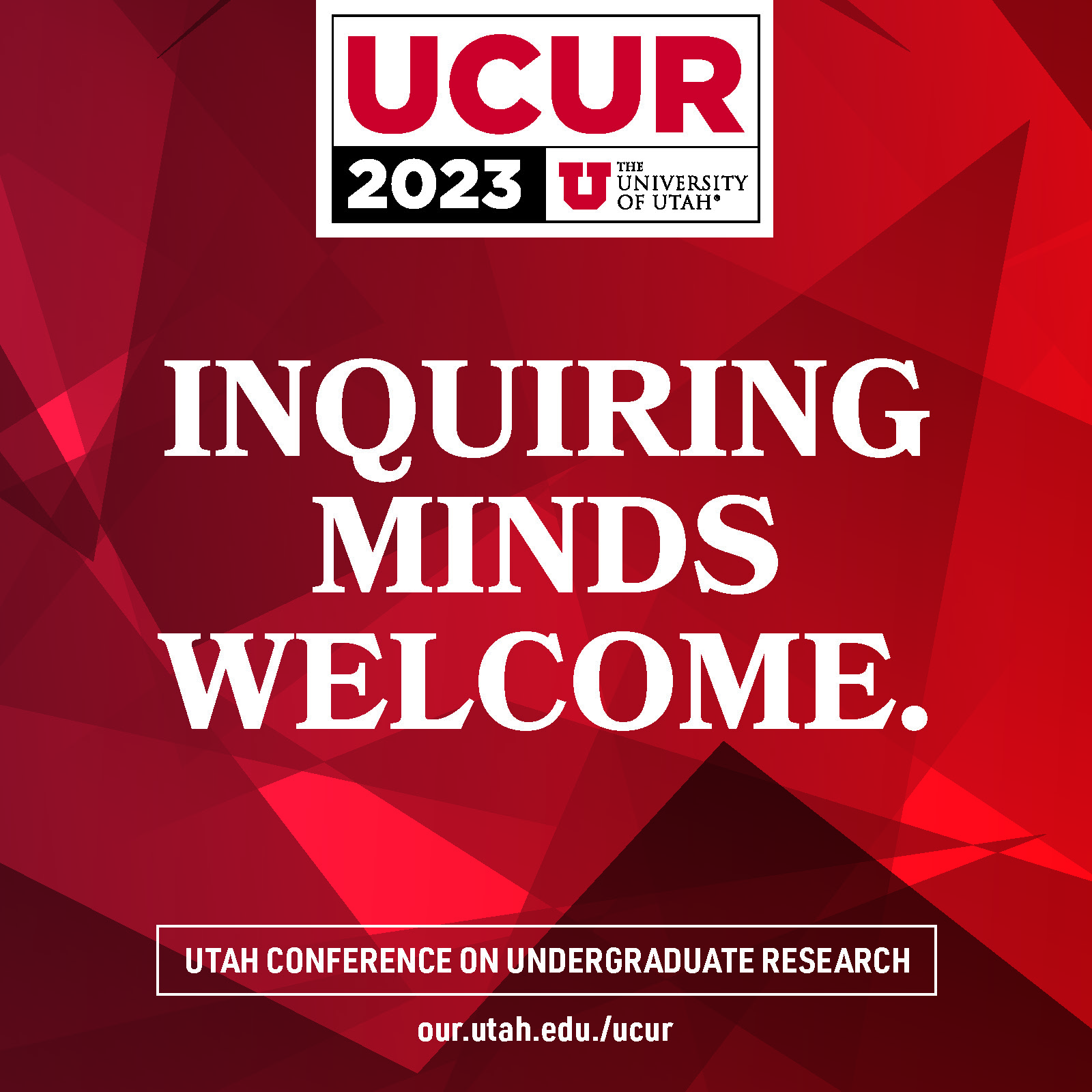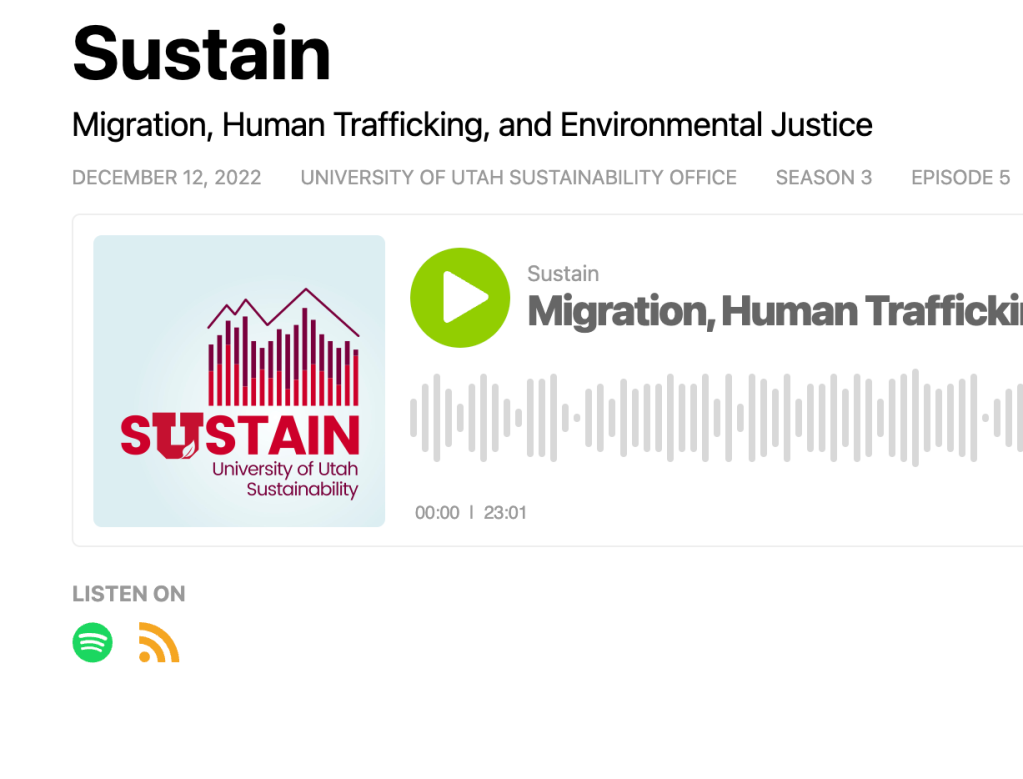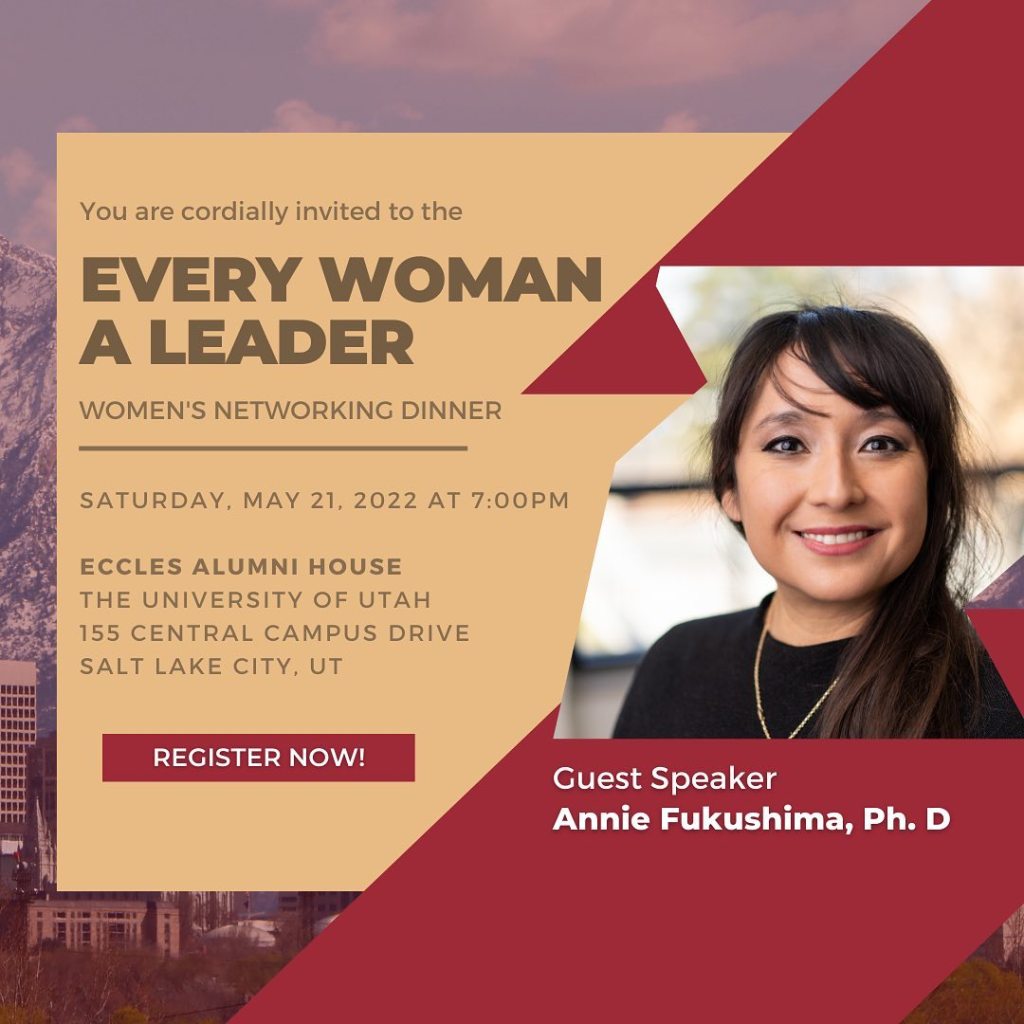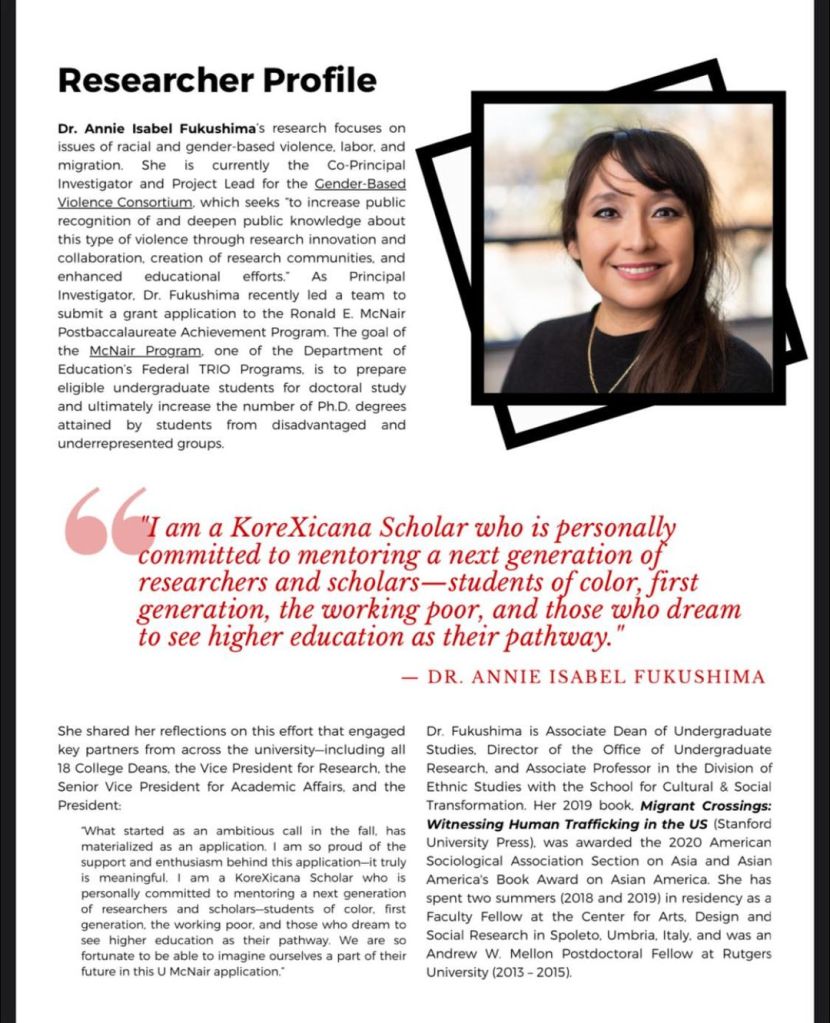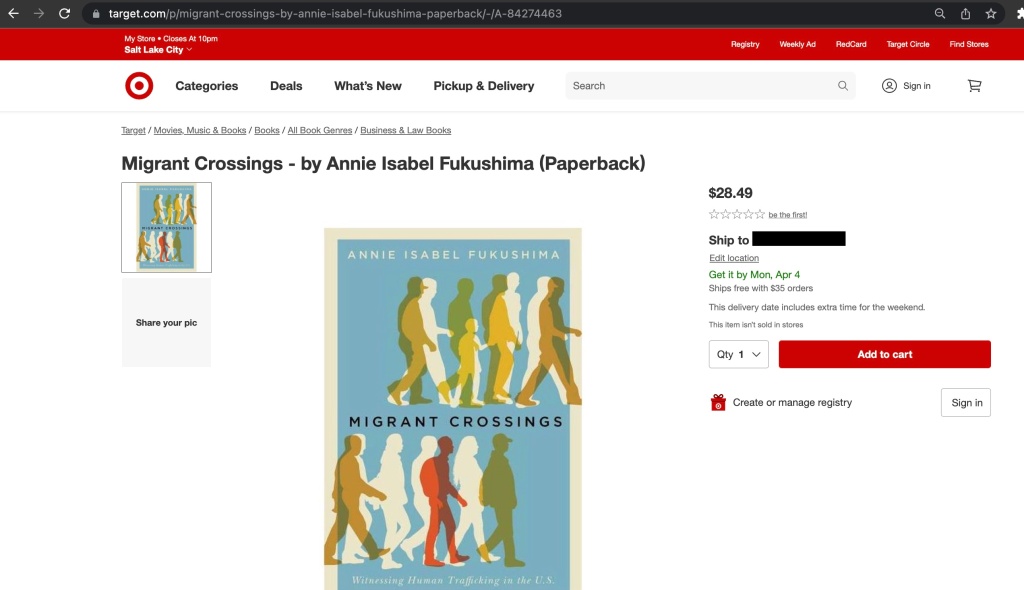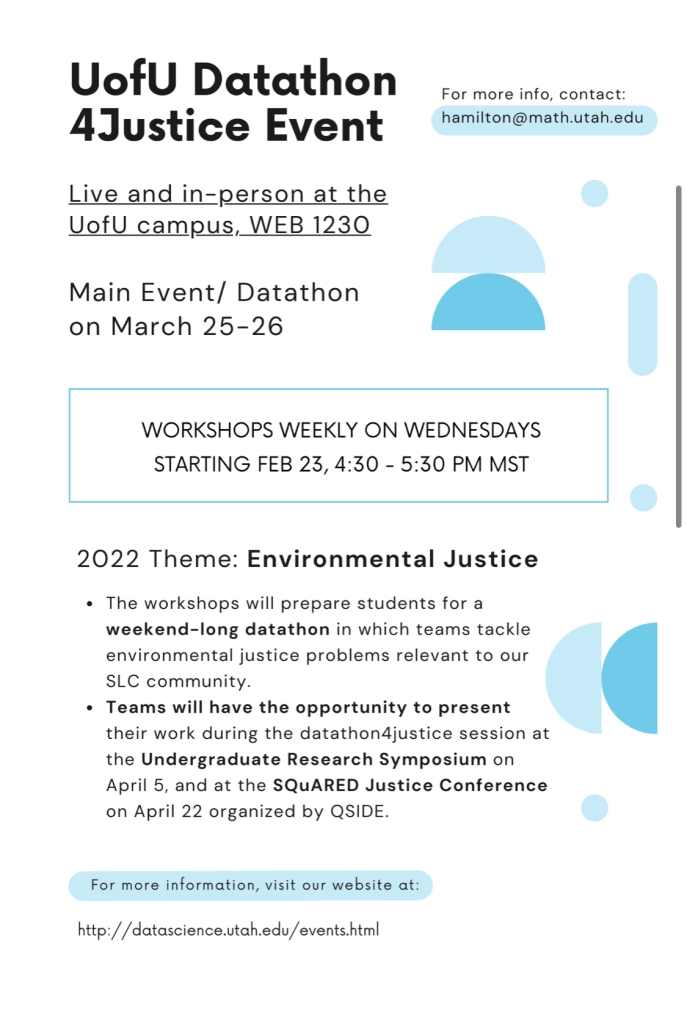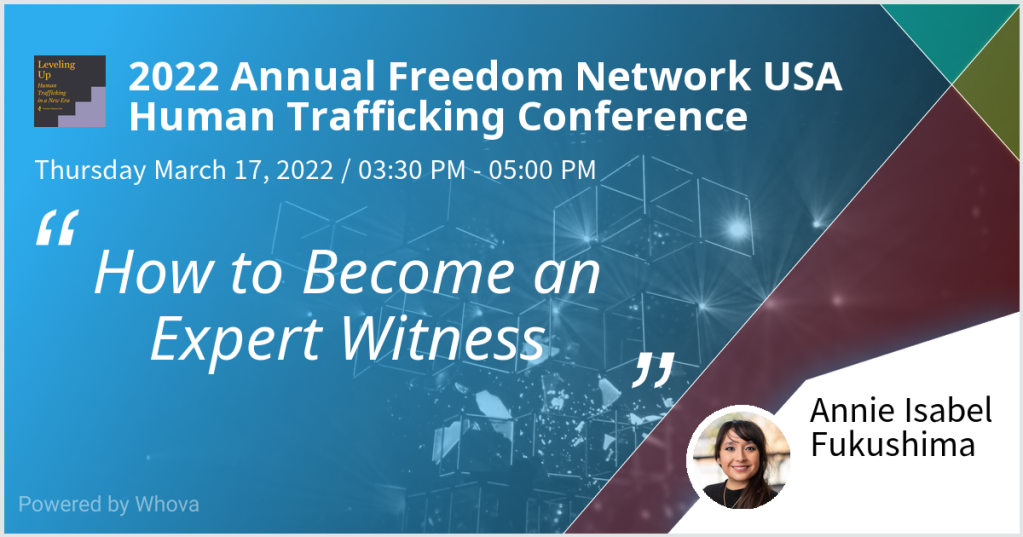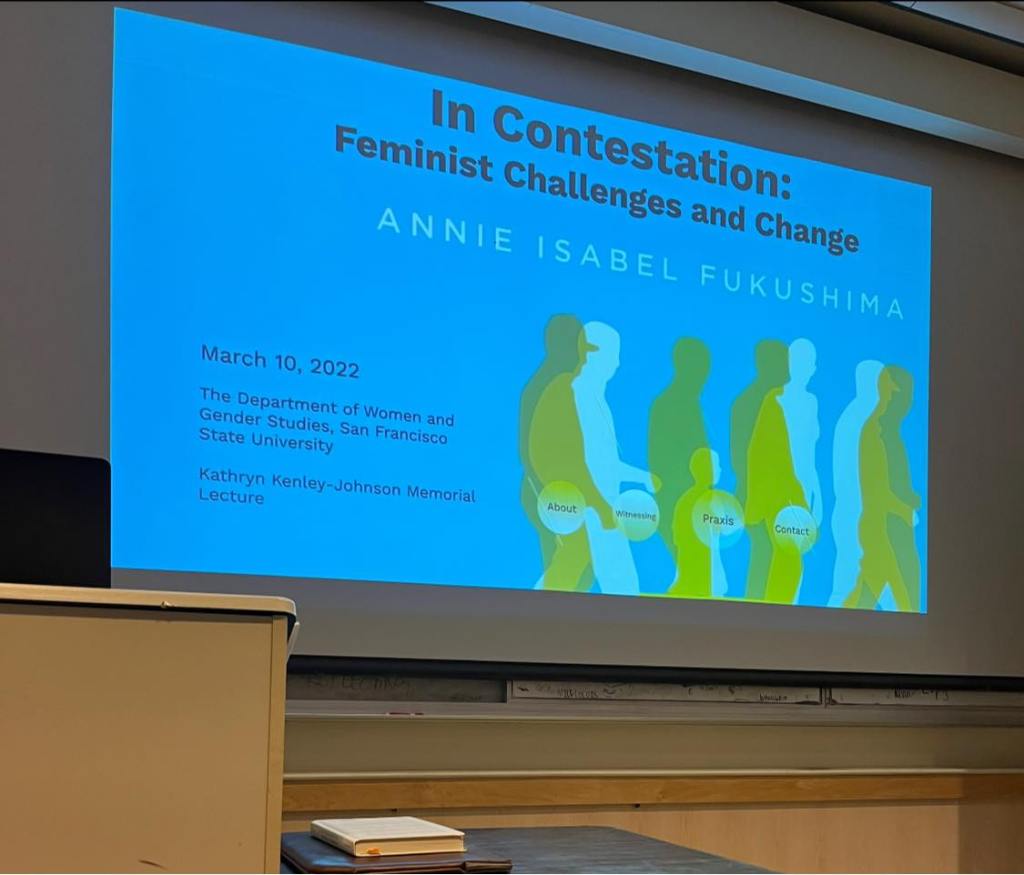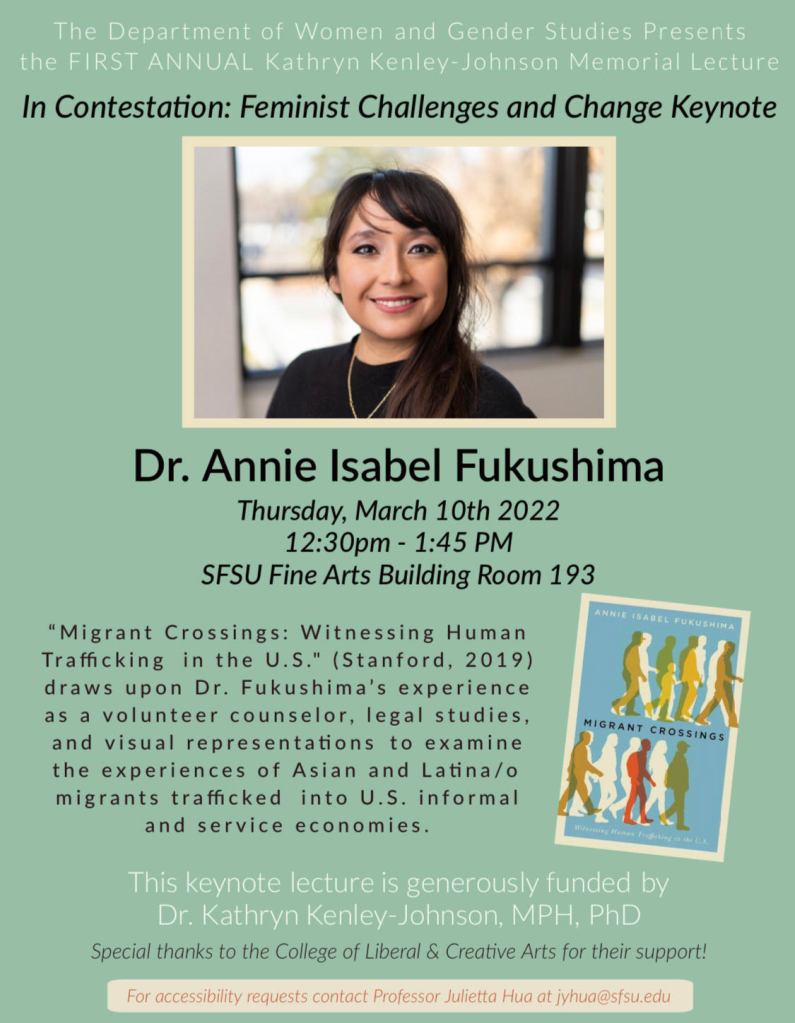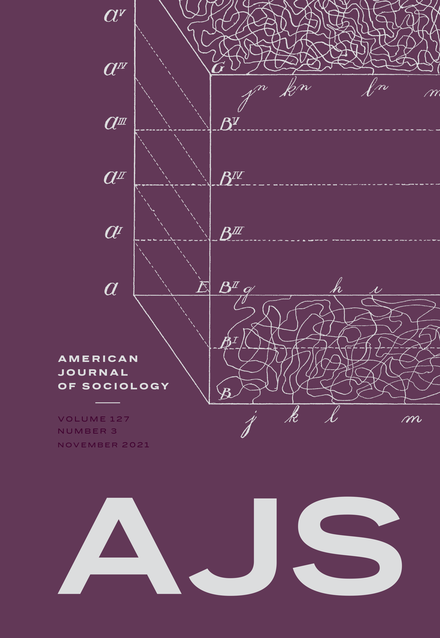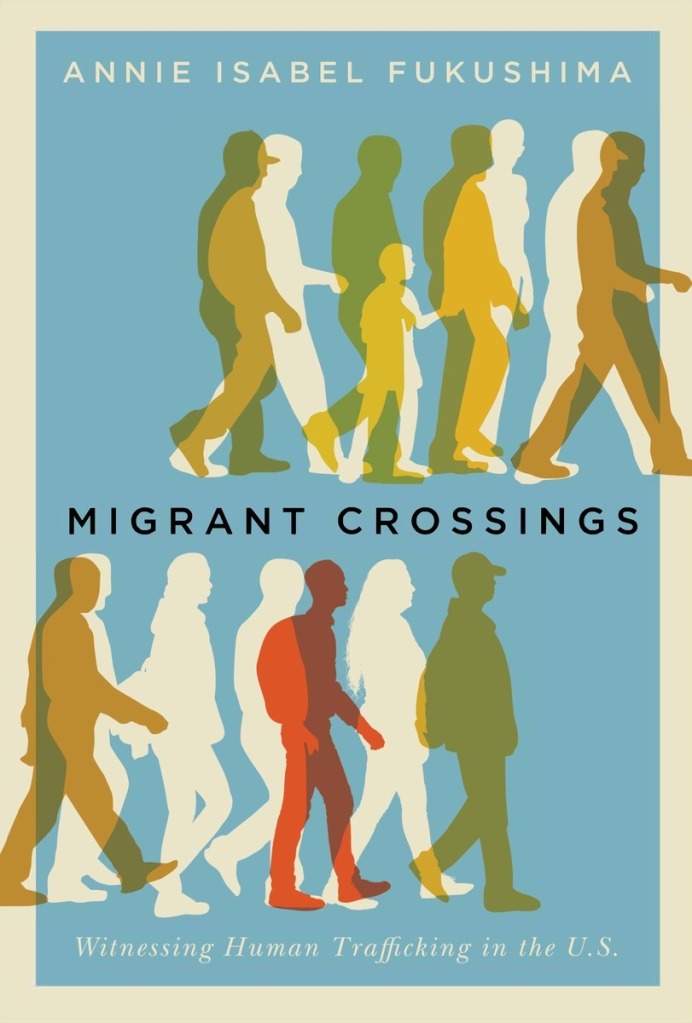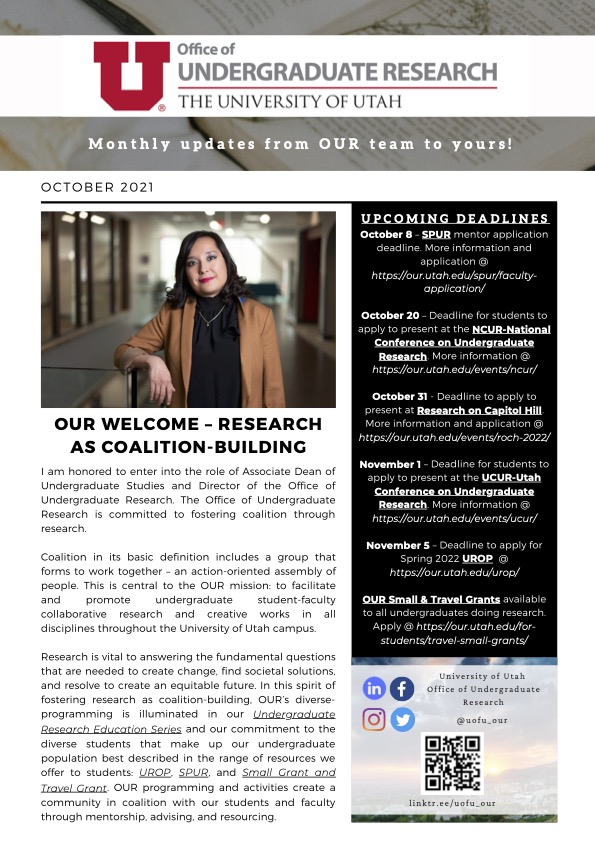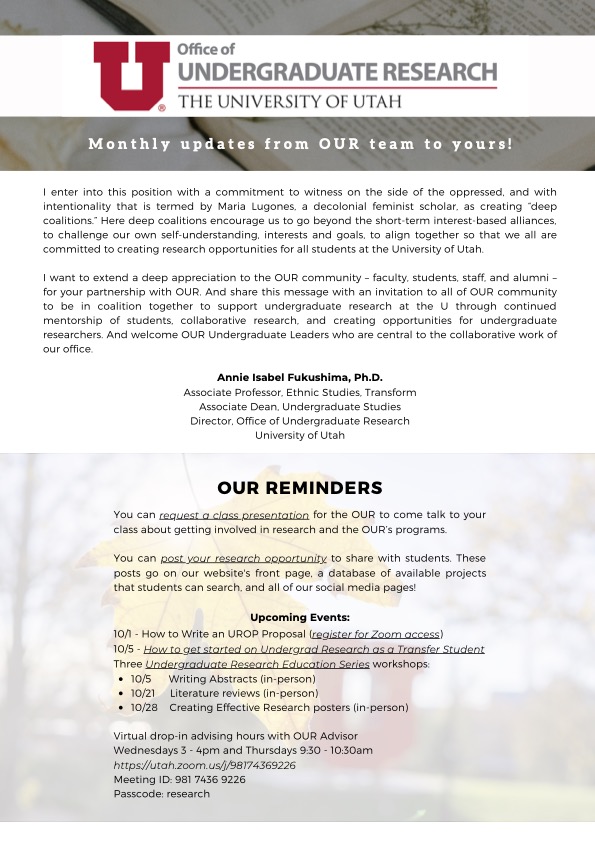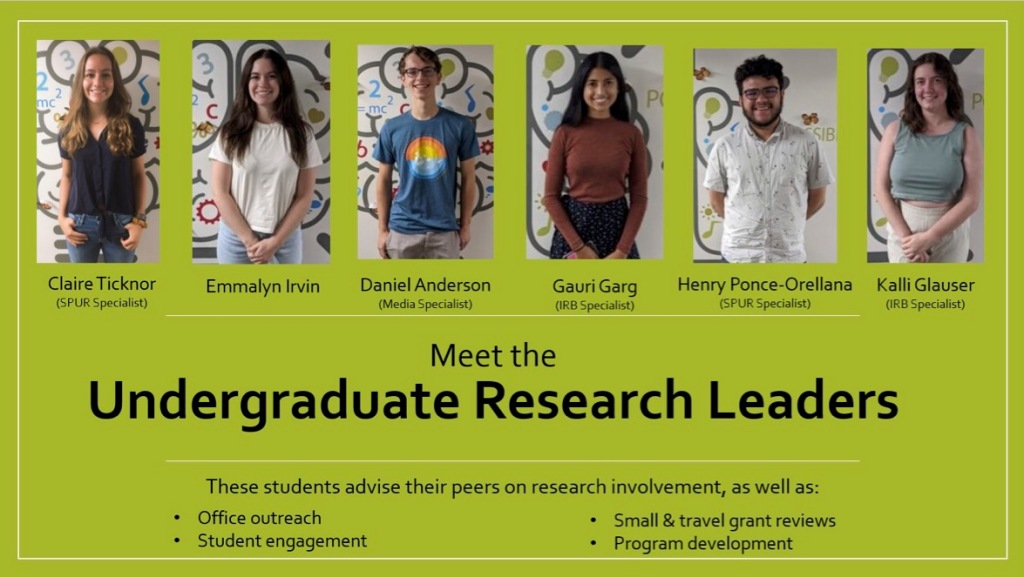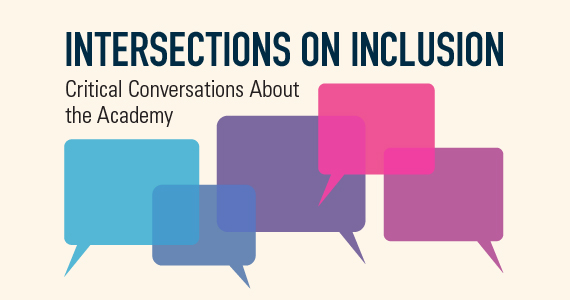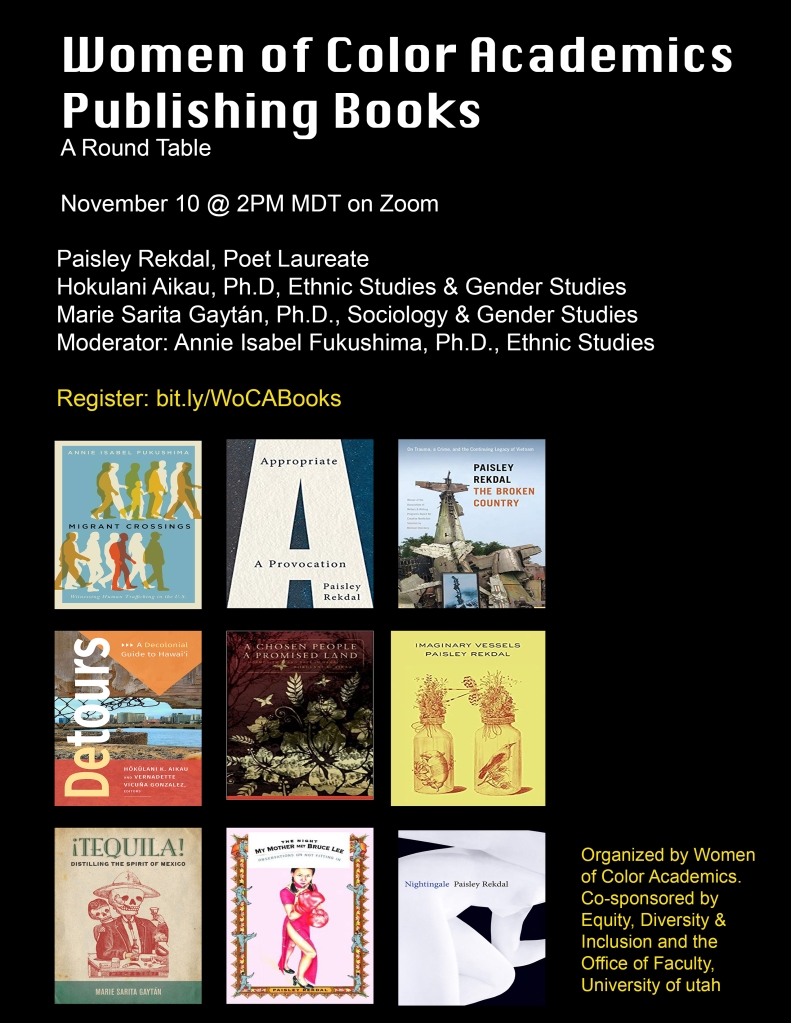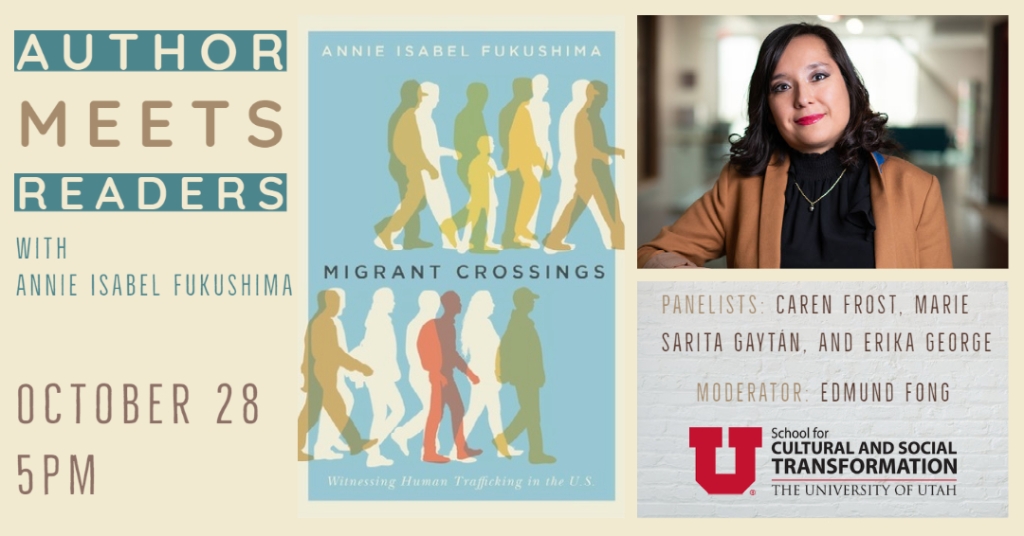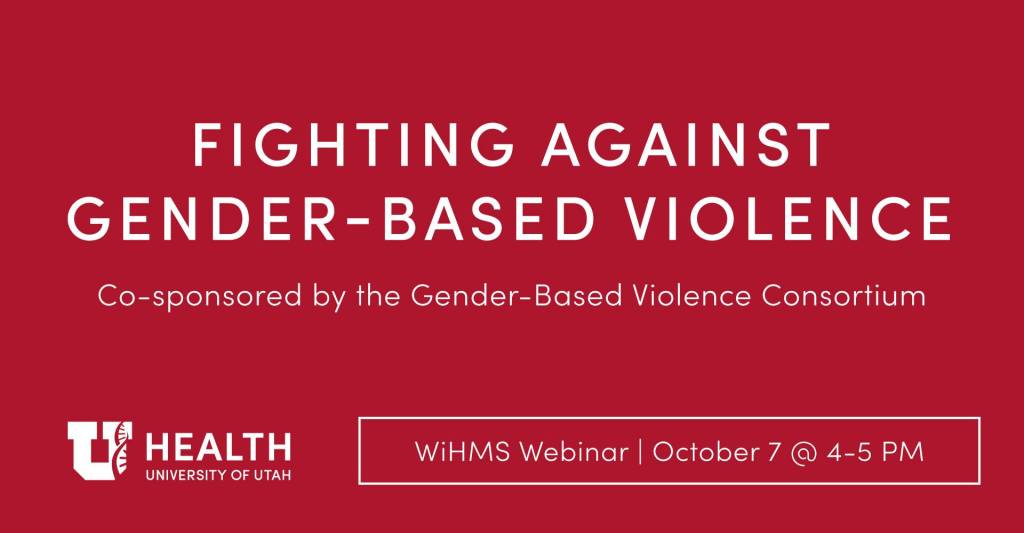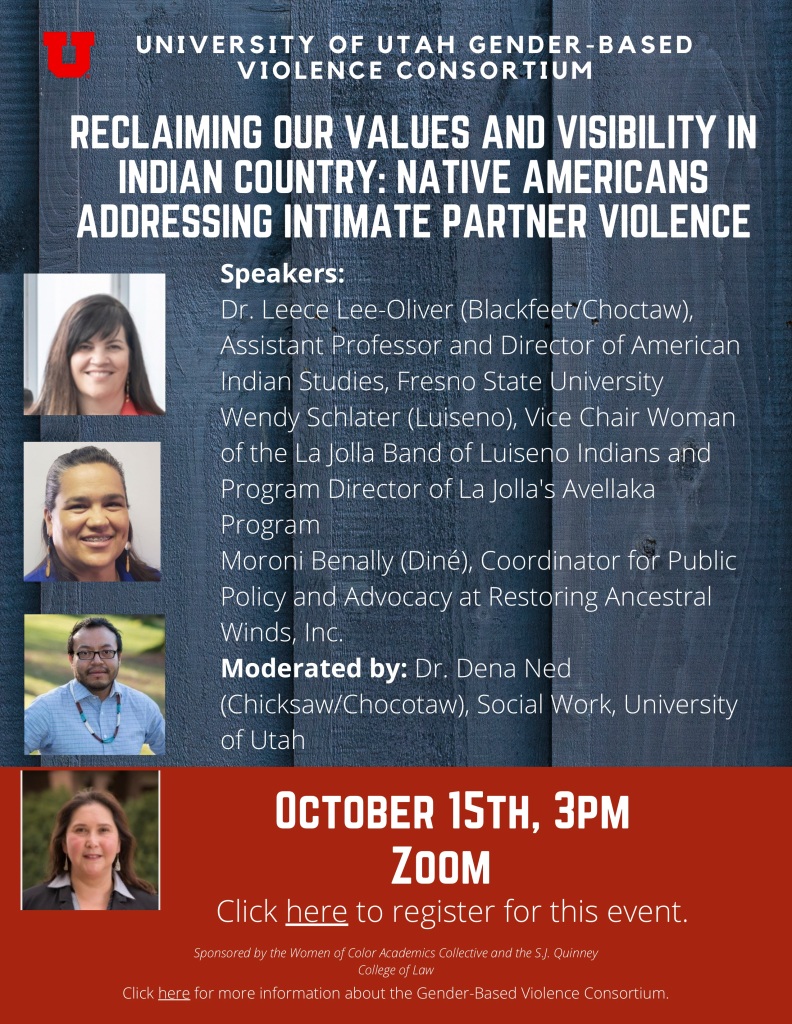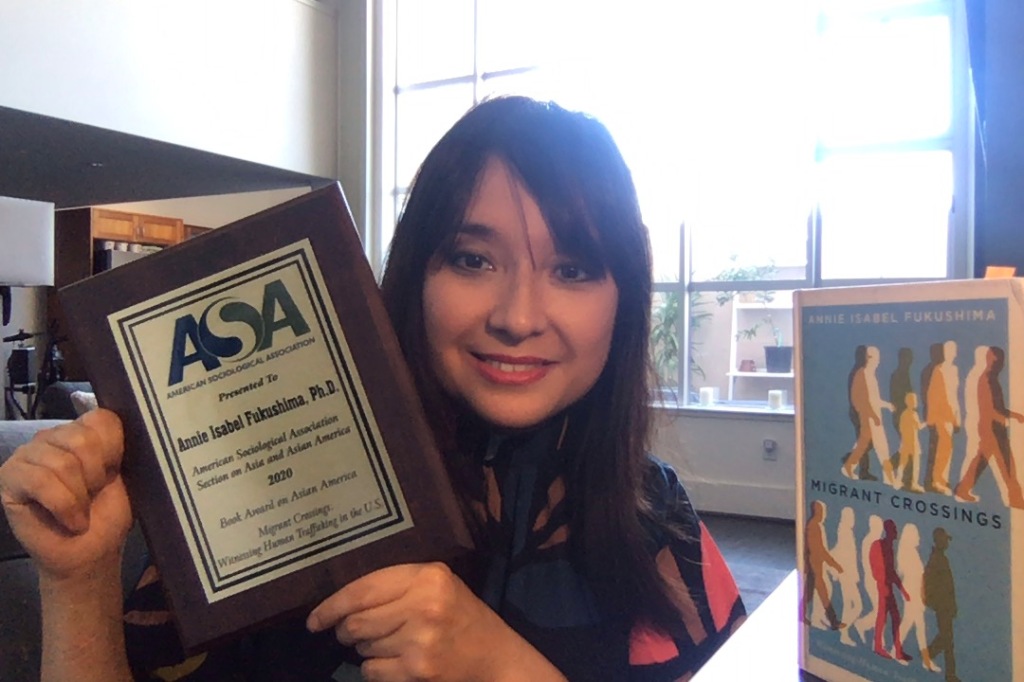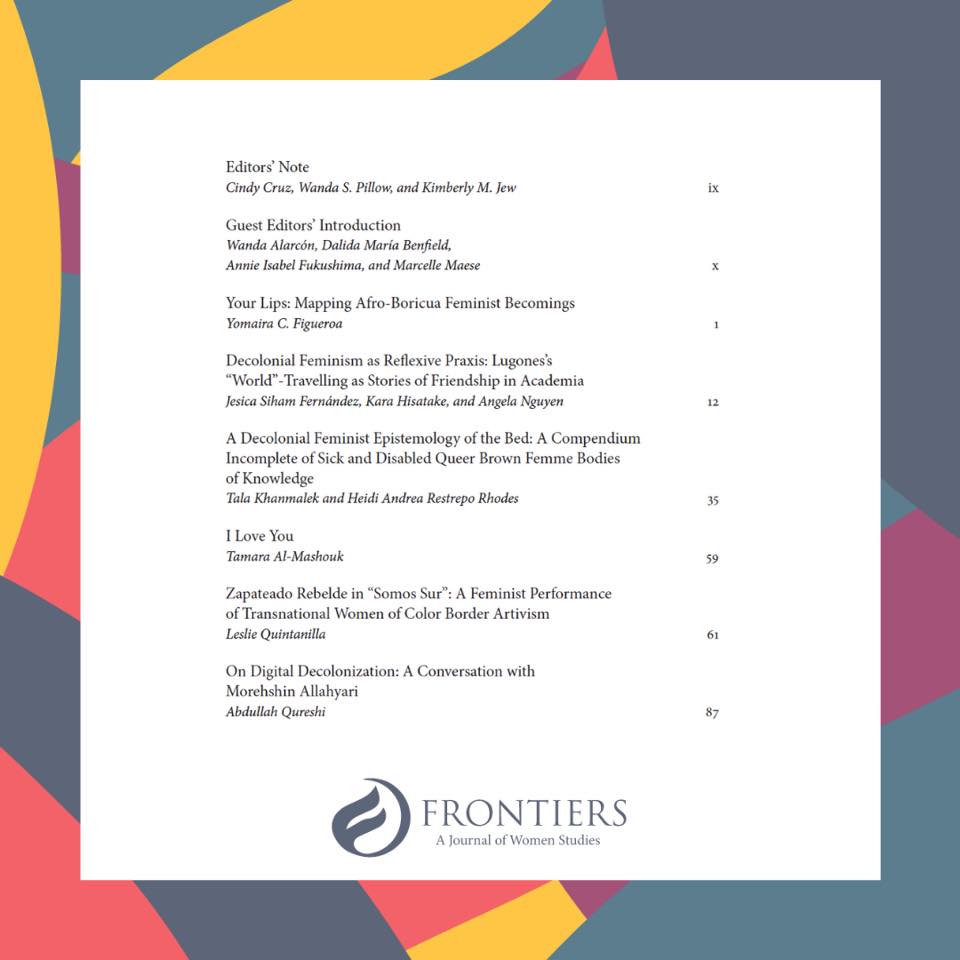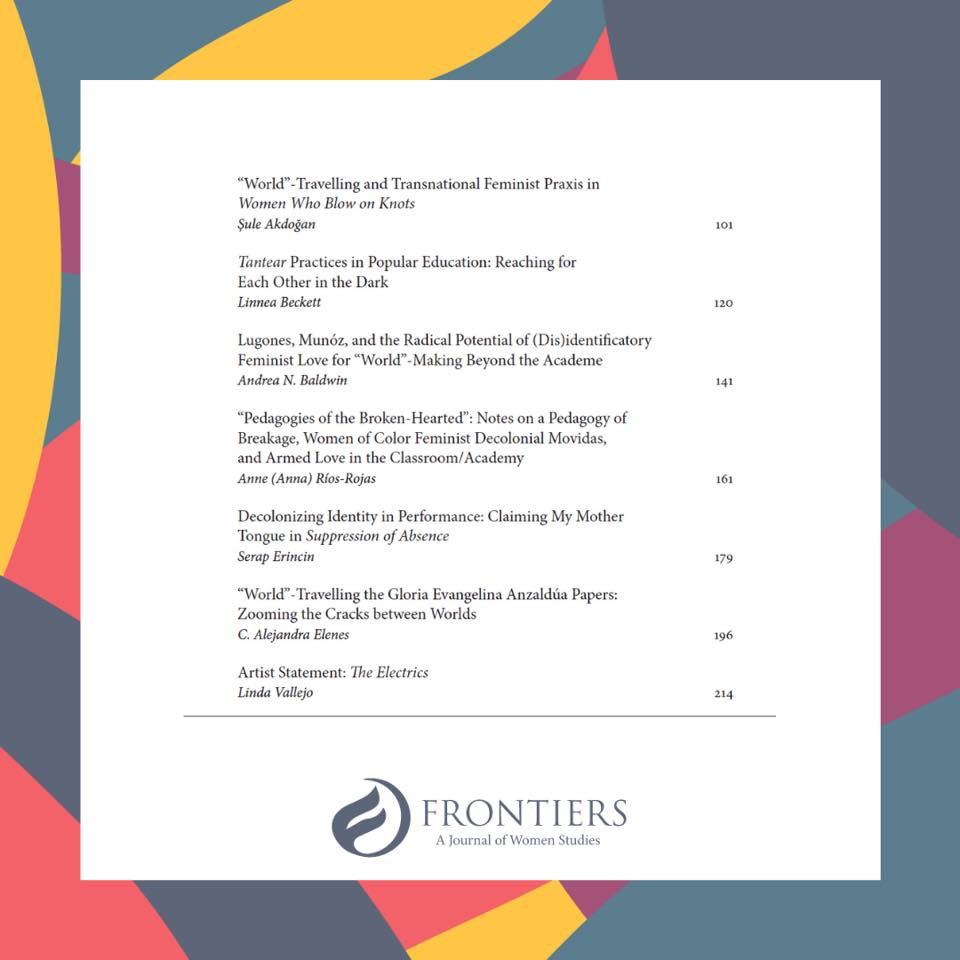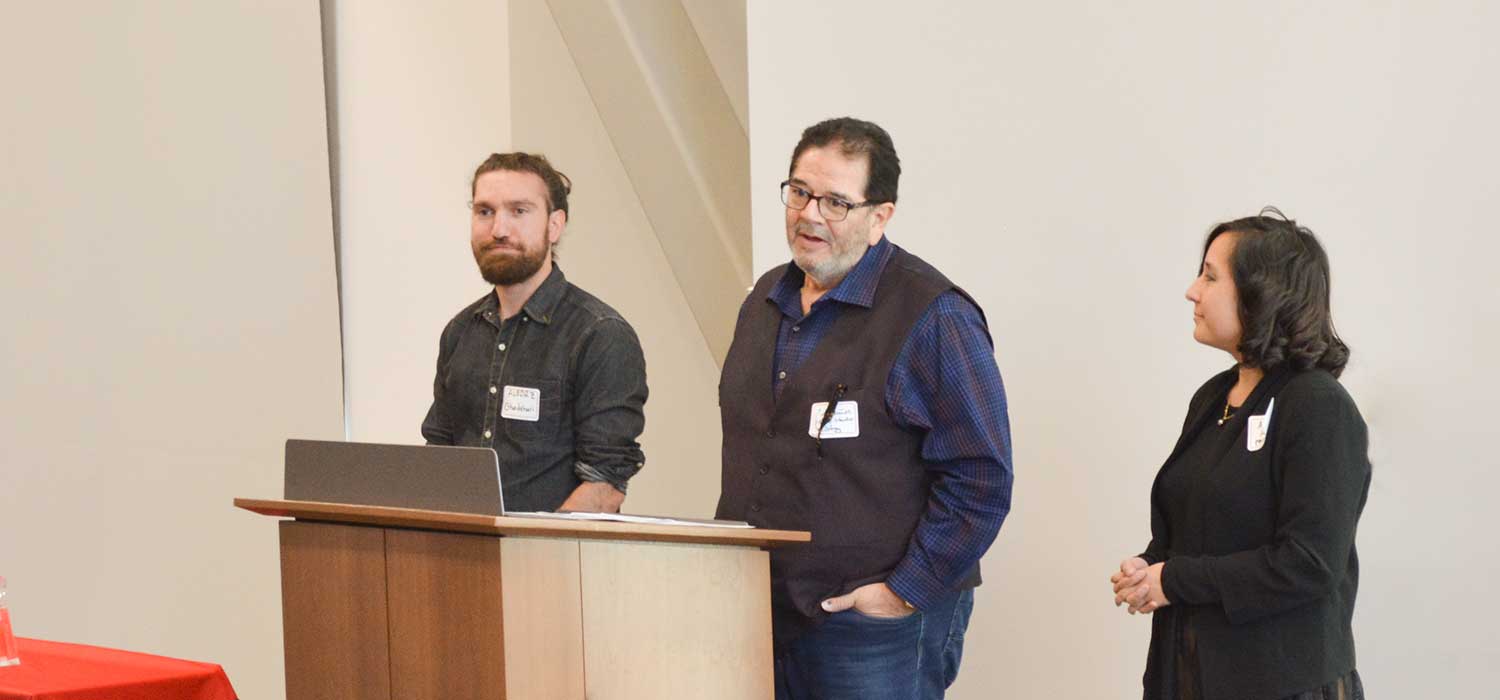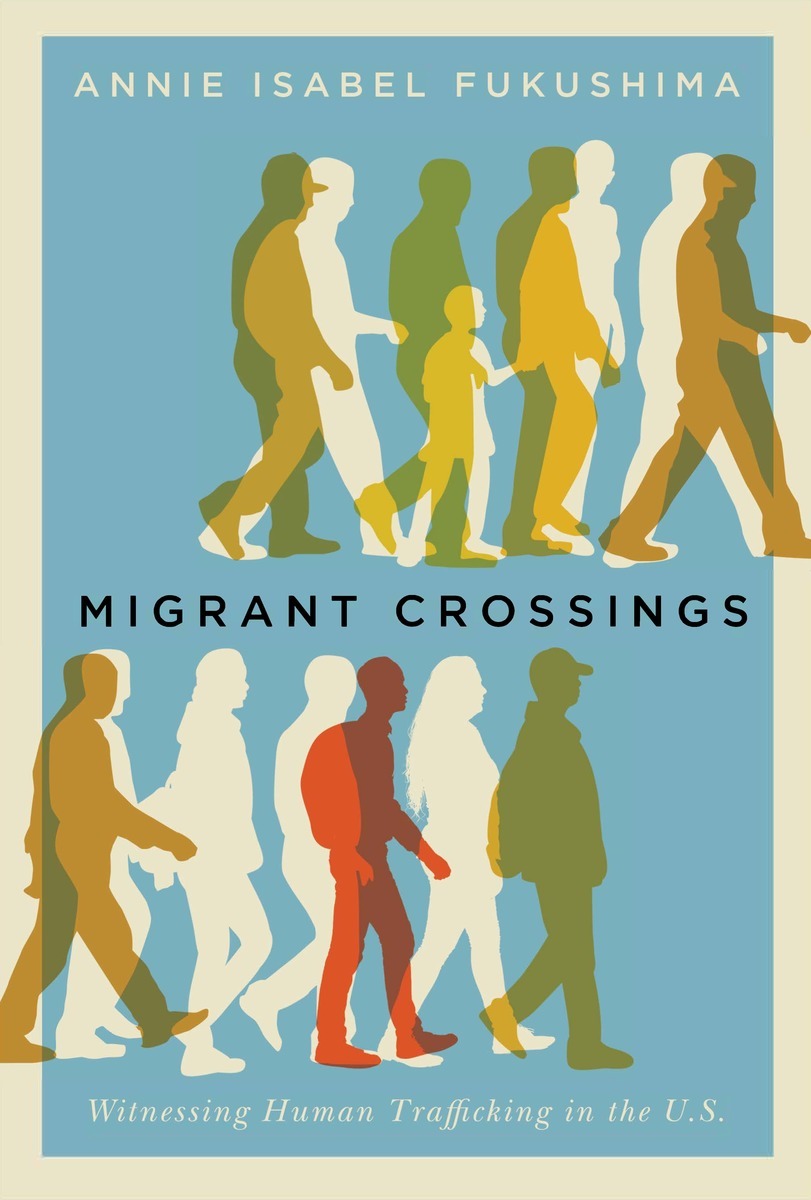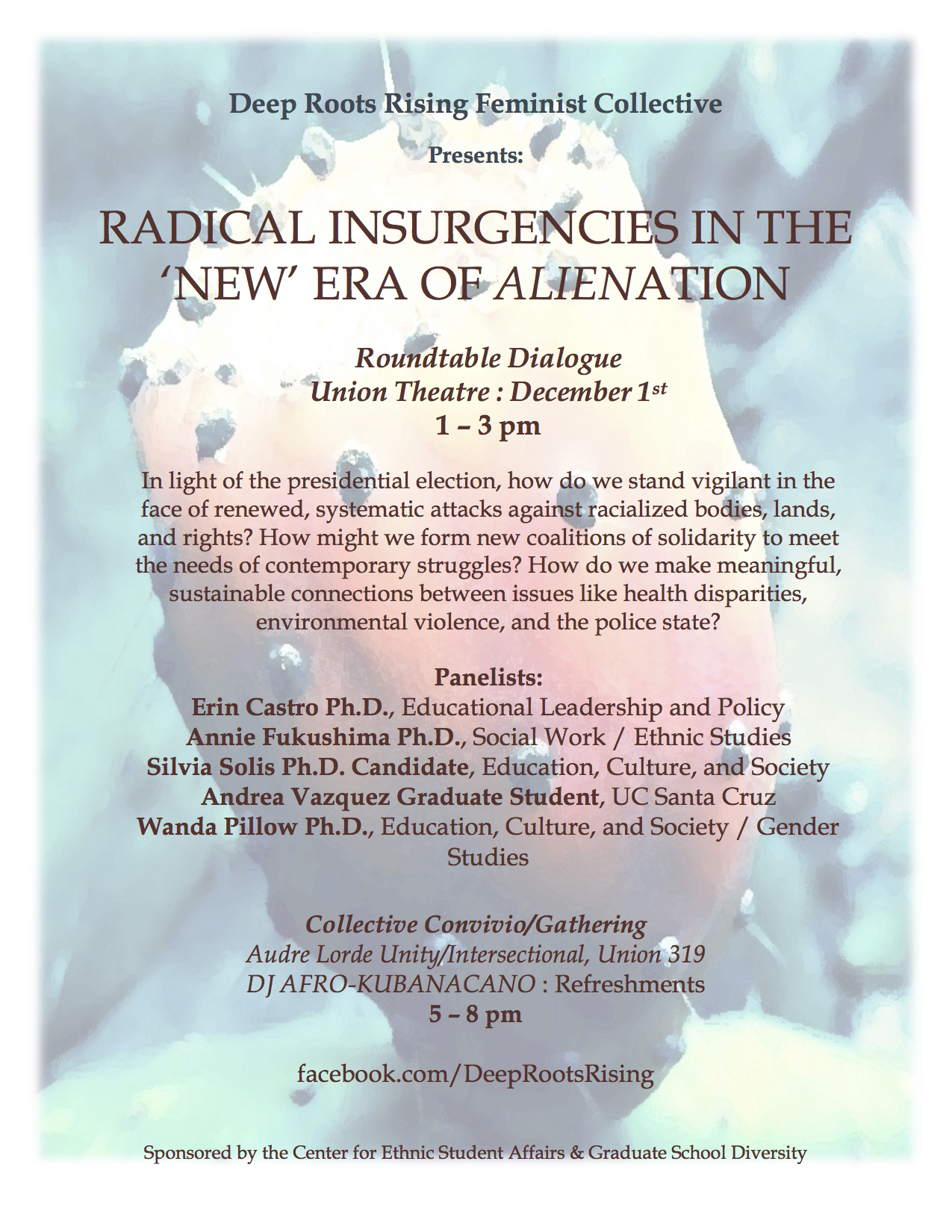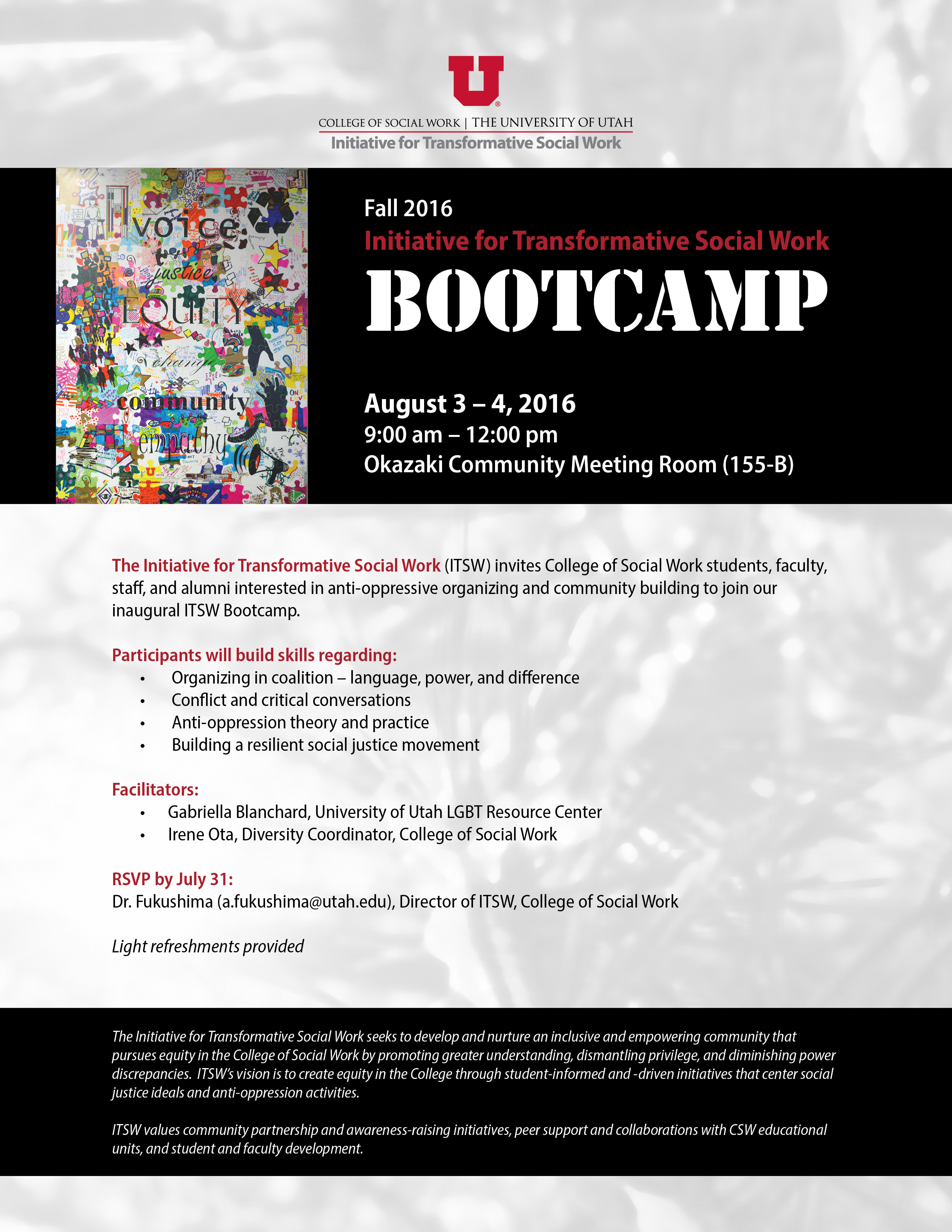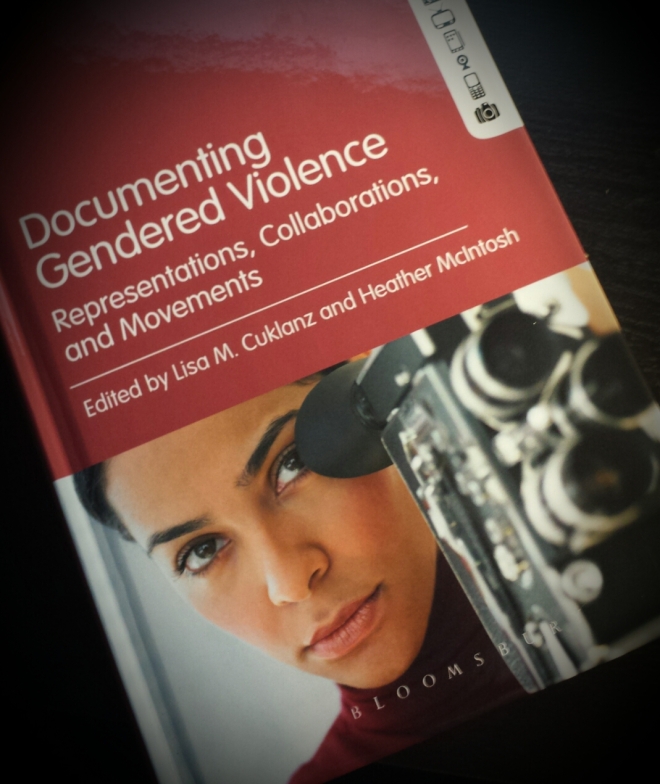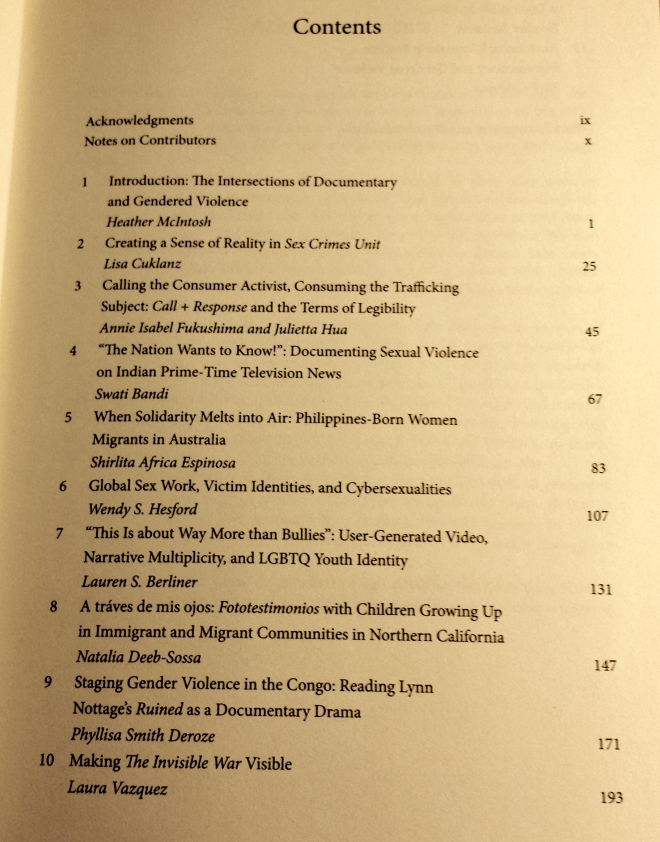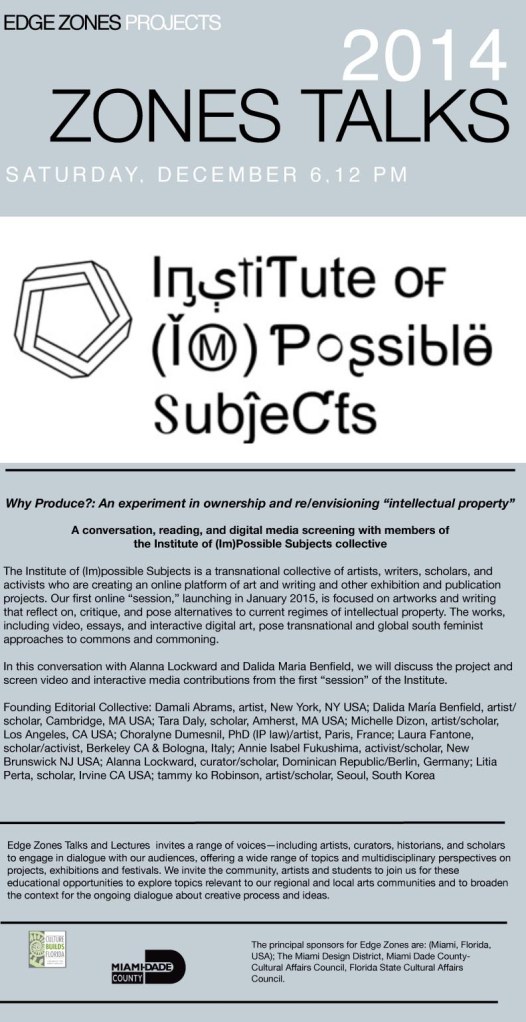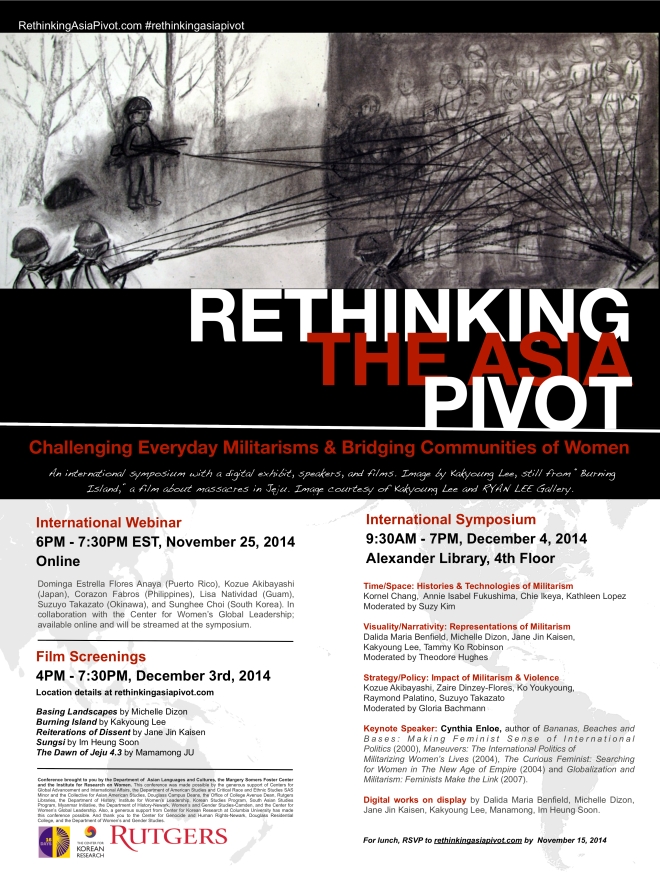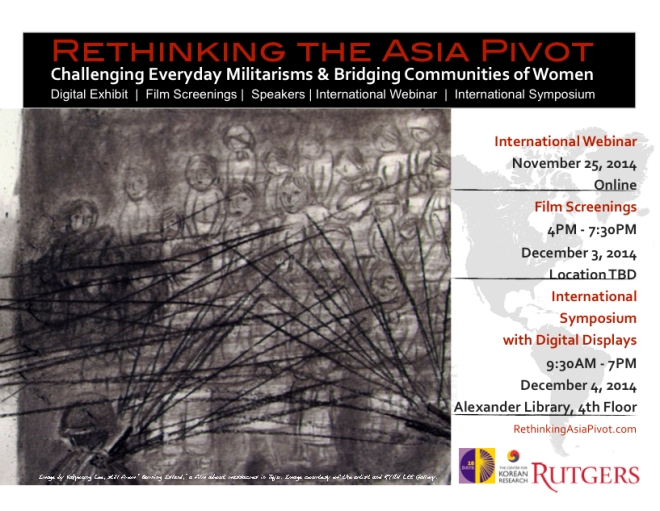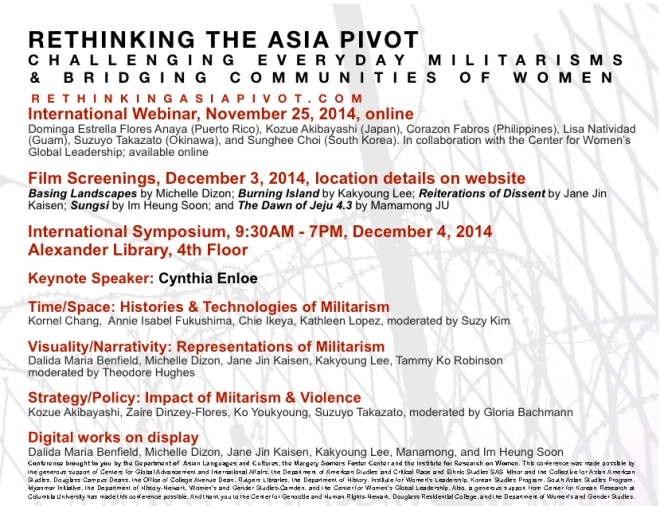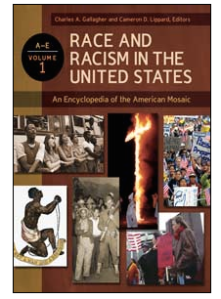16 mai 2019 – 18 mai 2019
contact the conference organizers directly if you have questions (see above flyer)
Jeudi 16 mai 2019 – Université Paris 8
09h00 Accueil
Welcome address, Bienvenue
Marta Segarra (LEGS)
09h15 Ouverture Nadia Setti
Opening blessing Sandra Pacheco curandera
10h00 PLÉNIÈRE 1
Amphi X – Gloria Anzaldúa, féministe décoloniale, théoricienne queer of color
modératrice : Nadia Yala Kusikidi
Paola Bacchetta, Norma Cantù, Maria Lugones
11h30 Pause café
11h45 SESSIONS PARALLÈLES
1 Amphi X
Amanda Cuellar, Nepantla and Film Production, Patricia Montoya, Sarah Luna,
Kegels for Hegel, ake Me To Yr Borderlands (Cancion De Amor A Gloria E. Anzaldúa)
2 · J103 Panel Education en Nepantla
Dolorès Bernal Delgado, Rebecca Burciaga, Judith Carmona Flores, Alexandra
C. Elenes
3 · J104 Panel : Joteria Thought and Praxis : Engaging Anzaldúan Borderland
Theories for Living a Queer Latinx Chicanx Life
José Manuel Santillana, Anita Revilla Tijerina, Eddy Francisco Alvarez,
Ernesto Javier Martinez
4 · J105 Elia Hat eld, Gloria Anzaldúa: de sujeto atravesado subalterno a lo marginal en el centro
M. Montanaro, Gloria Anzaldúa et bell looks : Frontières et marge comme forme de résistance
C.Back, The othersider/Del Otro Lado
5 · J003 At the Con uence of Geographic and Academic Borders
Amalia de la Luz Montez, Maria Gutierrez y Muh, Gabriella Raimon, Eva Allegra Sobek,
Maria Herrera
13h15 PAUSE DÉJEUNER
14h30 SESSIONS PARALLÈLES
6 Amphi X
Panel : Penser avec Anzaldúa en France : Expériences de queers noirs,
arabes et latina de la diaspora
Majda Cheick, Dawud Bumaye, Amaranta Lopez
7 · J103 Panel : Why Can’t See Women and Children of Color with Disabilities:
Radical Visions for Transformations
Diane Torres Velasquez, Ana Genoveva Martinez de la Cueva Astirraga,
Ronalda Tome Warrito, Barbara Dray
8 · J104 Karla Padron, Beyond the Wound: Anzaldúa’s Teachings
and Transgender Latina Immigrant Activism in the U.S.
Madelaine Cahuas, Understanding Anzalda’s Borderlands as a Latinx Black Geography
Maira Alvarez, Disrupting B/borders His-stories
9 · J105 Panel : Decolonial Mapping of the Mexico U.S. Borderland
Victor De Hierro, Eda Ozyesilpinar, Laura Gonzales, Vanessa Guzman
Migrant Day Labor Movements: Contesting Border Securization and Crimmization
10 · J004 Felipe M. Fernandez, Traces de Anzaldúa dans la pensée lesbienne
contemporaine au Brésil
Barbara Elcimar, Cours en ligne sur la pensée lesbienne contemporaine et ses contributions
à la construction du sujet politique du mouvement lesbien au Brésil
Caterina Rea, Dialogues entre ‘Suds’ : enseigner la critique queer of color à UNILAB/Malês
Claudia Cabello Hutt, Across Borderlands: queer solidarity and transatlantic networks 1920-1950
16h00 PAUSE CAFÉ
16h30 PLÉNIÈRE 2
Amphi X – Situations : Gloria Anzaldúa en France
modératrice : Nassira Hedgerassi
Jules Falquet, Gabriel Joao, Nawo
17h30 Fin de la plénière
18h30 PERFORMANCE – Amphi X
Maria Helena Fernandez, The Latinx Survival Guide in the Age of Trump
BALLET
Andrea Guajardo, Nepantla «Valentina»
19h30 Fin de la 1ère journée
Vendredi 17 mai 2019 – Université Paris 3
09h00 ACCUEIL – Amphi 1A
Bienvenue Evelyne Ricci (CREC)
09h30 PLÉNIÈRE 3
Amphi A – Wild Tongues Translating Anzaldúa
modératrice : Paola Zaccaria
Eva Rodriguez, Suzanne Dufour, Alejandra Soto Chacon, Romana Radwimme,
Isabelle Cambourakis
11h00 PAUSE CAFÉ
11h15 SESSIONS PARALLÈLES
11 · D11 D11
Fayeza Hasanat, Cécilia Rodriguez Milanes, Wild Tongues Translating Personal Borders,
Michael A.Turcios, Borderland Culture and Nepantla Consciousness in Sans Frontière
12 · D12
Marilyn M.White, True and Ancient Properties’: Morrison’s Tar Baby Through an Anzaldúan Lens
Neela Cathelain, La conscience de la mestiza :
éhontement et migration dans le genre romanesque
Gabrielle Adjerad, Coatlicue, con ictualité au féminin et résistance
dans Woman Hollering Creek(1991) de Sandra Cisneros
Joana Rodriguez Meritxell, The MediterreanLiterary Palimpsest:vRevisiting Anzaldúa s’
Borderland(s) through the Works of Najat El Hachmi and Dalila Kerchouche
13 · D13
Autohistoria-Téoria
Smadar Lavie, The Anzaldúan Method of Auto-historia-Teoria:
Notes on La Llorona’s Permission to Narrate the Academic Text
Lissel Quiroz, Décoloniser le savoir : le concept de autohistoria-teoria de Gloria Anzaldúa
Lilliana P. Saldana, Auto-historia-teoria as a decolonial methodology: researching the coloniality
of public celebration and researching the self
Carolina Alonso,Teaching GloriaAnzaldúa through Autohistoria
14 · D15 Écriture chamane
Sarah-A.Crevier-Goulet & Barbara Santos,
Portrait de l’écrivaine en chamane. Gloria Evangelina Anzaldúa,
la nepantla et le chemin de la connaissance (the path of conoscimiento)
Kelli Zaytoun, “An artist in the Sense of a Shaman“:
Naguala/Shapeshifting as Decolonial Practice
John Kaiser Ortiz, The reality of the Unseen
15 · D16
Panel “From Taming a Wild Tongue to Building a Bilingual, Bicultural University“
Francisco Guajardo, Stéphanie Alvarez, Emmy Perez
12h45 PAUSE DÉJEUNER
14H00 SESSIONS PARALLÈLES
16 · D11
Alexander Stehn,Teaching Anzaldúa in/on/from the Borderlands of American Philosophy
Mariana Alessandrini, G.A. And the French Existentialist
Rita Rodriguez, Anzaldúa y Foucault: Theory Genealogy and Deconstruction of Sexual Identity
An Aesthetics of Auto-Arte
Mariana Ortega, Borderlands, Self-Transformation and Queer subjectivity
Lorena Alvarado, Sentimientos Encontrados: translating/theorizing the Musical/Feeling
17 · D12
Panel: Translating Borderlands Across the Americas
Israel Dominguez, El Mundo Zurdo: Translating Anzaldúa Through the Digital World
Alessandro Escalante, Taming Queer/cuir Tongues: Translating Anzaldúa Through Queer/cuir
Culture in Puerto Rico
Hina Muneeruddin,The Hate and fear of “Trump“ Politics: Translating Anzaldúa
Through American Muslim Affect and Futurity
Barbara Sostaita,Coatlicue en la Caravana: Translating Anzaldúa Through Migrants on the Move
18 · D13
Panel: Voices from the Ancestors: Xicanx and Latinx Spiritual Expressions
and Healing Practices
Lara Medina & Marta Gonzalez, Envisioning and Manifesting Voices from The Ancestors:
Xicanx and Latinx Spiritual Expressions and Healing Practices
Maria Helena Fernandez, Drawing from the Cenote Well for Healing Colonization and Patriarchy
Aïda Salazar, Reclaiming Moon and Mourning Rituals
19 · D15
Aïda Salazar-Vasquez, Digitizing the Borderlands: Archive, Memory, and Queer Time
of a Coatlicue State
Stephen Santa-Ramirez & Adam Martinez,“We are in a constant state of limbo“:
The in-between worlds of Latinx undocumented college students in Arizona within the Trump era
Carmen Villanueva,The Coatlicue State of Decolonial Mothering
Renée Lemus & Cristina R. Smith, Semillas de las Abuelas:
Teaching to Reclaim n the B/borderland Family
20 · D16
Marina Alessandri & Lara Bonilla, Exploring the Anzaldúan Archive: Readerly Encounters in Nepantla
Alberto Flores Lupe, Other/Wordly Assemblages: MappingMore-thanHuman Socialities
in the Archival Writings of Gloria E. Anzaldúa
Coco Magallanes & Anna-Lorena Carilla Padilla, Imagen-Frontera, Memoria-Revelada
y Archivo-Tex urizado Gloria Anzaldúa, Angela Arziniaga y Virginia Hernandez en Puebla, 2017
21 · D17
Mariana Rojas, Les langues des métisses: genre, racialisation et frontières quotidiennes
Alvaro Luna, La traduction en français du parler chicano : hybridités, frontières, croisements
Cassie Lynn Smith, Translating B/borders in the Classroom: Employing Anzaldúan Pedagogy
in the University Classroom
15h30 LECTURES / PERFORMANCES
D01
Jessica Helen Lopez, The Malinche is my Next Door Neighbor. A spoken Word Performance
of Auto-historia fantasma and Reclamation of the Violent Femme DykeWarrior
Estefania Tizon Fonseca, Poetry about the Borderlands between sexuality and spirituality
D16
Sem Nagas, Corps nocturnes corps numériques
16h15 PAUSE
16h30 PLÉNIÈRE 4
AMPHI A – Archives féministes et Queer Décoloniales
modératrice : Suhraiya Jivraj
Ana Louise Keating, Amina Mama
18h : LECTURES / PERFORMANCES
D01
Lectures féministes
Ouerdia Ben Amar, Jamie Herd, Akila Kizzi, Heta Rundgren
D16
A. Salazar, R.Orona Cordova, L. Medina The moon Within
19h- 21h : PROJECTION FILM (Cinémathèque)
salle 049
T.Lakrissi, Douin, Laroche/Back,Something to do with the dark (25mn)
Samedi 18 mai 2019 – Université Paris 7
09h00 Accueil
Cécile Rondeau (LARCA)
09h30 PLÉNIÈRE 5
Amphi 12E – Artivismes
modératrice : Santa Barraza, Cristina Castellano, Anel Flores, Celeste de Luna, Paola Zaccaria
11h00 PAUSE CAFÉ
11h15 SESSIONS PARALLÈLES
22 Amphi 12 E
Panel : Art and Resistance in Anzaldúa’s Borderlands
Aïda Hurtado, Art and Resistance in Anzaldúa’s Borderlands
Stephanie Alvarez, Artivism in the Rio Grande Valley and the Anzaldúa Border Aestetic
Emmy Perez, Rio Grande Valley Poets after Anzaldúa: the Living Roots
23 · 264E
Panel : Translenguas y Transfonteras: Navigating Art and Pedagogy
with Gloria Anzaldúa’s
Borderlands/La Frontera
Alejandra I. Ramirez, Abject Intimacies and the Global Border Industrial Complex
Gloria Negrete-Lopez, Queer(ing) Abolitionists Imagining: Radical Envisioning Through
Anzaldúan Visual Theory
Monica Hernandez, Sanando las Heridas:
Anzaldúan Praxis in Fronterix Community College
Classrooms
24 · 234C
Panel : Resituating the B/Borderlands: Return as Renegotiation
Magda Garcia, From Dancing Mestizo “Nation“ to Dancing Mestiza “Borderlands“ Anzaldúa and
Re-envisioning the Possibilities of Chicana/o/x Folklorico Practice
Marina Chavez, Reading Horror in the B/borderands
Nieves N. Villanueva, Repositioning Emotional Embodiments: Gloria Anzaldúa’s Work Refashioning
Roberto Macias, Recognition and Its Discontents: The Political Uncanny and the Coatlicue State
in Gloria Anzaldúa’s Borderlands/La Frontera: The New Mestiza
25 · 270F
Jonathan Hernandez, “Guilt Lay Folded in the Tortilla“: Affect in Anzaldúa‘s Writing
Tace Hedric, Gloria Anzaldúa’s Alien Nation
Jeremy Patterson, Border Anxiety versus Border Trauma:
An Anzaldúan Tension in the Psychology of Geopolitical Borders
Julius C. Calderon, JuanGa/Aguilera Moves through/in the Mexican Border(lands): Sexuality,
Sovereignty, and Religiosity
26 · 274F
Panel : Anzaldúa and Spatial/Artistic/Linguistic Production
Maylei Blackwell, Spiritual Conocimiento:
Reading the Feminine Divine in the Obra of Ester Hernández
Raul Coronado, Does Writing Express Experience or Does It Create It?: Anzaldúa’s Borderlands
and the Queer Latinx Public Sphere
Juan Herrera, Anzaldúan Spatialities: Race, Space, and Difference in the Work of Gloria Anzaldúa
27 · 248 E
Xamuel Bañales, Building Community, Decolonizing Spirituality, and Women of Color Feminism:
Applying Gloria Anzaldúa in and out of the Classroom for Healing and Empowerment
Sandra Pacheco, Altar-making: a pedagogical practice for engaging Anzaldúa’s seven stages
of conocimiento
Clarissa Garza, The phenomena of the unconscious and spirituality as a means to heal one’s inner psyche
12h45 PAUSE DÉJEUNER
14h00 SESSIONS PARALLÈLES
28 · AMPHI 12 E
Panel : Gloria Anzaladúa’s Erotic Borderlands: Affecting Worlds, Transforming Violence
Felicity A. Schaeffer, Bee Sensing and Sensorial Crossings Across Transhuman Borders
Krizia Puig, The Loves We Long For: Affective Borderlands///Borderland Affects
Victoria Sanchez,TowardsaChicanaFeministMetaphysicsoftheBreath:AnzaldúanApproachesto
Breathing in Science and Technology Studies (STS)
Alfredo Reyes, Diffracted Perspectives of Citizenship
Dana Ahern, Pain and Potentialities: Una Herida Abierta as Queer of Color Methodology
Ryan King, GPS and the Body / Border: Scales of Empire
29 · 264 E
Mercedes V.Avila, Toward a Nuevomexicana Consciousness:
An Exploration of Identity through Education Manifested In a Colonial History
Elenes Briseida, Nepantlera Leaders: Latinas Facilitating Student Pathways
and Transforming Education
Claudia Cervantes Soon, Juárez Girls Rising and Reclaiming the Serpent’s Tongue
Pablo Ramirez, Put History Through a Sieve, Winnow Out the Lies: Gloria Anzaldúa’s Borderlands
Ethics as a Guide to an Engagement with Collective Memory
30 · 234 C
Panel : Bridge Building
Vickie Vertig, Victoria Delgadillo, Cristina Castellano, Kaelyn Rodriguez, Maya Chinchilla
31 · 270 F [14h00, 18 mai 2019]
Panel : Border Crossing: Harnessing the Power of Anzaldúan Thought and Methodologies Lara de Juan, Big Border Algorithms
Annie Isabel Fukushima, Witnessing Violence and the Coatlicue State
Cristina Mora, Anzaldúa and the Place of Politics in California.
32 · 274 F
Panel: Borderlands Profundo: Engineering Anzaldúan Soundscapes, Pedagogies,
and Ancestral Knowledges
Wanda Alarcon, Towards a Decolonial Feminist Poetics
Marta Gonzales, Voices from the Ancestors, Mediterranean Borderlands, and Decolonizing Time
and Spirituality
Marcella Maese, Borderlands Profundo: Rehearing Aztecas del Norte through Flor Y canto
Alexandro Meija, Deconstructing Westernized Conceptions of what it means to be
an Engineer through Nepantlerismo
33 · 248 E
Panel: Queering Education and Anzaldúa’s Nepantla
Mary Hermes, Wild Tongues
Diana Chandara, Developing Consciousness in the Heart Through Nepantla
Alexander Qui, Dis-identi cation and Transformation: Nepantla as a Framework for Expanding the
Boundaries of Abolition
Ak O’Loughlin, Gender-as-Lived: The Coloniality of Gender in Schools and Teaching From a Place
of Anzaldúa’s Nepantla
15h30 LECTURES ET PERFORMANCES
Amphi 12 E
Celina A. Gomez, Stevie Luna Rodriguez, Gladys Ornelas, Emmy Perez,
Amanda Victoria Ramirez
#PoetsAgainstWalls: Overcoming the Tradition of Silence
264 E Munoz Gris, Coatlicue Girl
16h30 PAUSE CAFÉ
18h30 234 C Bassad Saja
16h45 PLÉNIÈRE 6
Amphi 12 E Décoloniser le présent
modératrice : Akila Kizzi, Norma Alarcón, Seloua Luste Bulbina, Nacira Guénif
19h00 SALUTATION FINALE Sandra Pacheco
